Arabic interior design offers a captivating blend of opulence, tradition, and comfort, transforming any home into a luxurious sanctuary. This timeless style is characterized by its rich color palettes, intricate geometric patterns, and ornate details that evoke a sense of history and artistry. From the grand archways that define spaces to the soft glow of lanterns casting intricate shadows, every element is thoughtfully chosen to create an atmosphere of warmth and sophistication. Embracing this aesthetic involves a careful balance of textures, materials, and cultural motifs, resulting in a space that is both visually stunning and deeply inviting for family and guests alike.
1. Arabic Interior Design with Majlis Seating
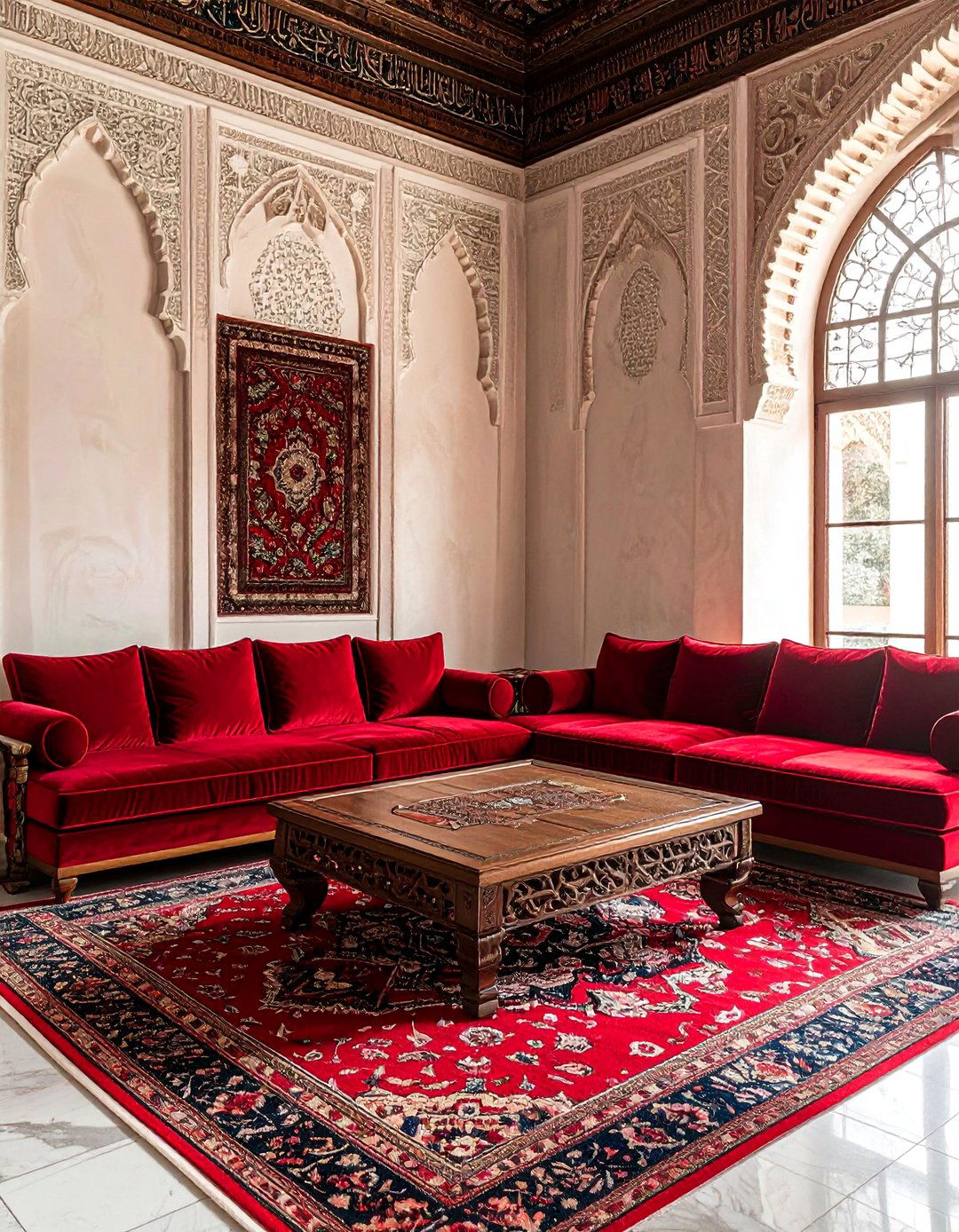
A central element of Arabic hospitality is the Majlis, a dedicated reception area for guests. This design idea focuses on creating a comfortable and inviting atmosphere with low-slung, cushioned seating arranged along the walls. Upholstered in rich fabrics like velvet or silk brocade in deep jewel tones, the seating encourages conversation and relaxation. The space is often anchored by a large, ornate Persian or Turkish rug and complemented by low, intricately carved wooden tables for serving coffee and dates. This arrangement fosters a communal and welcoming environment, making it the heart of social gatherings in a luxurious Arabic home.
2. Arabic Interior Design Featuring Pointed Archways
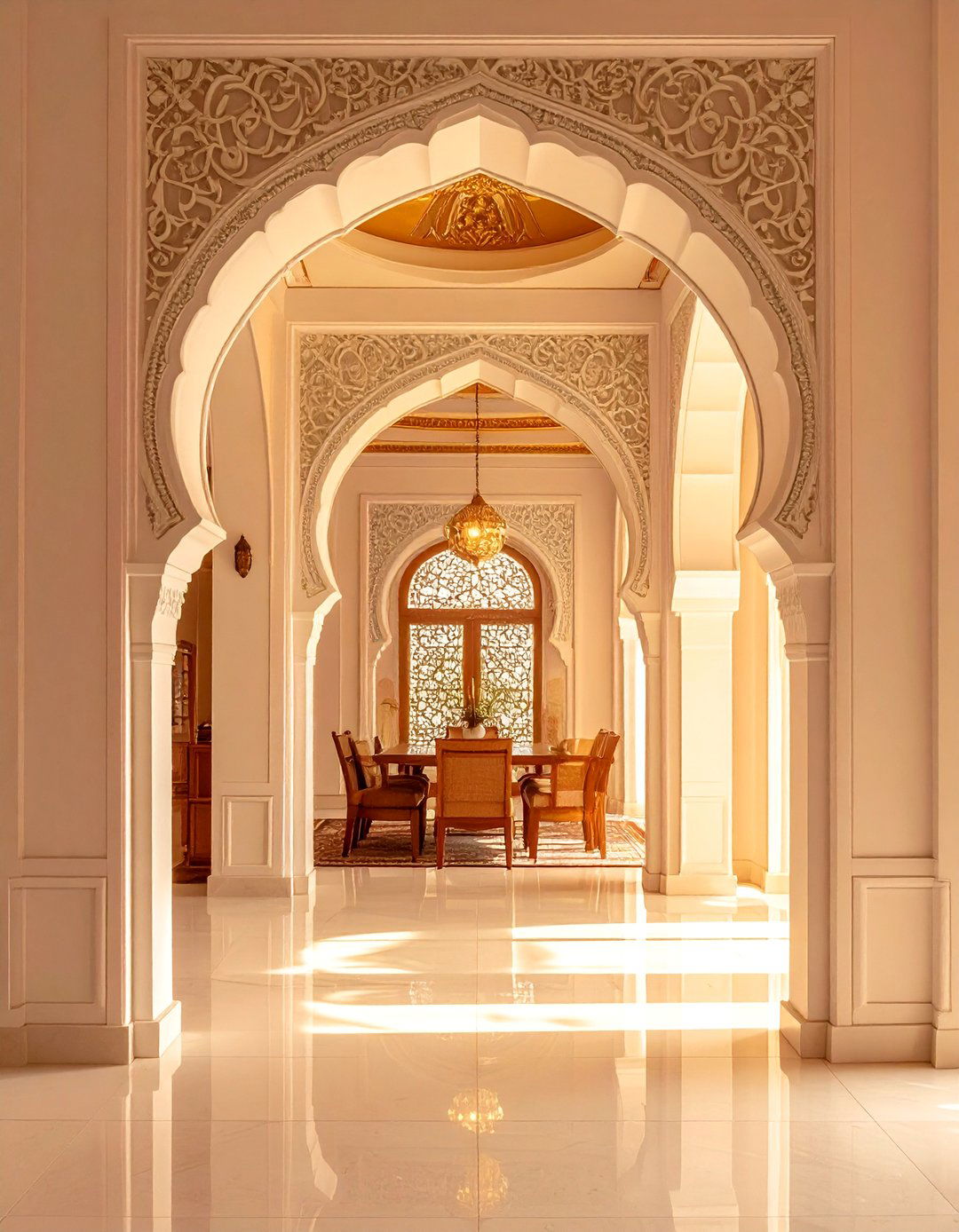
Incorporating pointed or horseshoe arches is a quintessential way to evoke the architectural elegance of Arabic interior design. These graceful arches can be used to frame doorways, create elegant transitions between rooms, or design decorative niches in walls. Whether constructed from plaster, wood, or stone, their distinct shape adds a sense of grandeur and structural beauty. They serve not only as functional passageways but also as powerful decorative statements that define the character of the space. Using arches helps to break up open-plan areas while maintaining a feeling of openness and flow, contributing to an authentic and sophisticated aesthetic.
3. Arabic Interior Design with Zellij Tilework
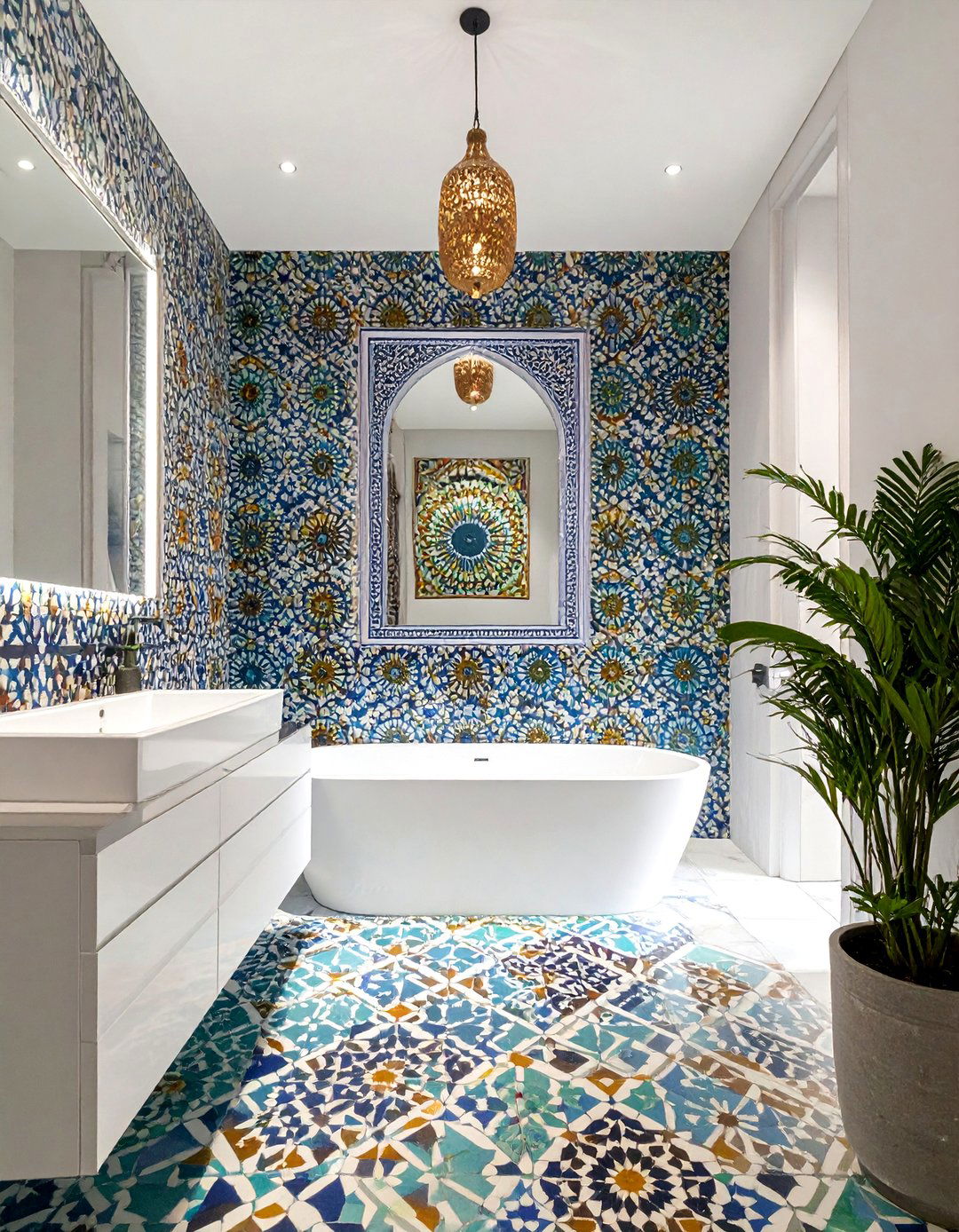
Zellij, the art of handcrafted mosaic tilework, brings vibrant color and complex geometry into the home. This Arabic interior design idea involves using these intricate tiles to create stunning feature walls, floor medallions, or accents around fountains and fireplaces. Composed of individually chiseled geometric tiles set in a plaster base, Zellij patterns are mesmerizing and deeply rooted in Moorish and Islamic art. The glossy finish of the tiles reflects light beautifully, adding a dynamic and luxurious quality to any room. Incorporating Zellij is a testament to exquisite craftsmanship and adds an unparalleled layer of artistic detail and historical richness.
4. Arabic Interior Design Using Mashrabiya Screens
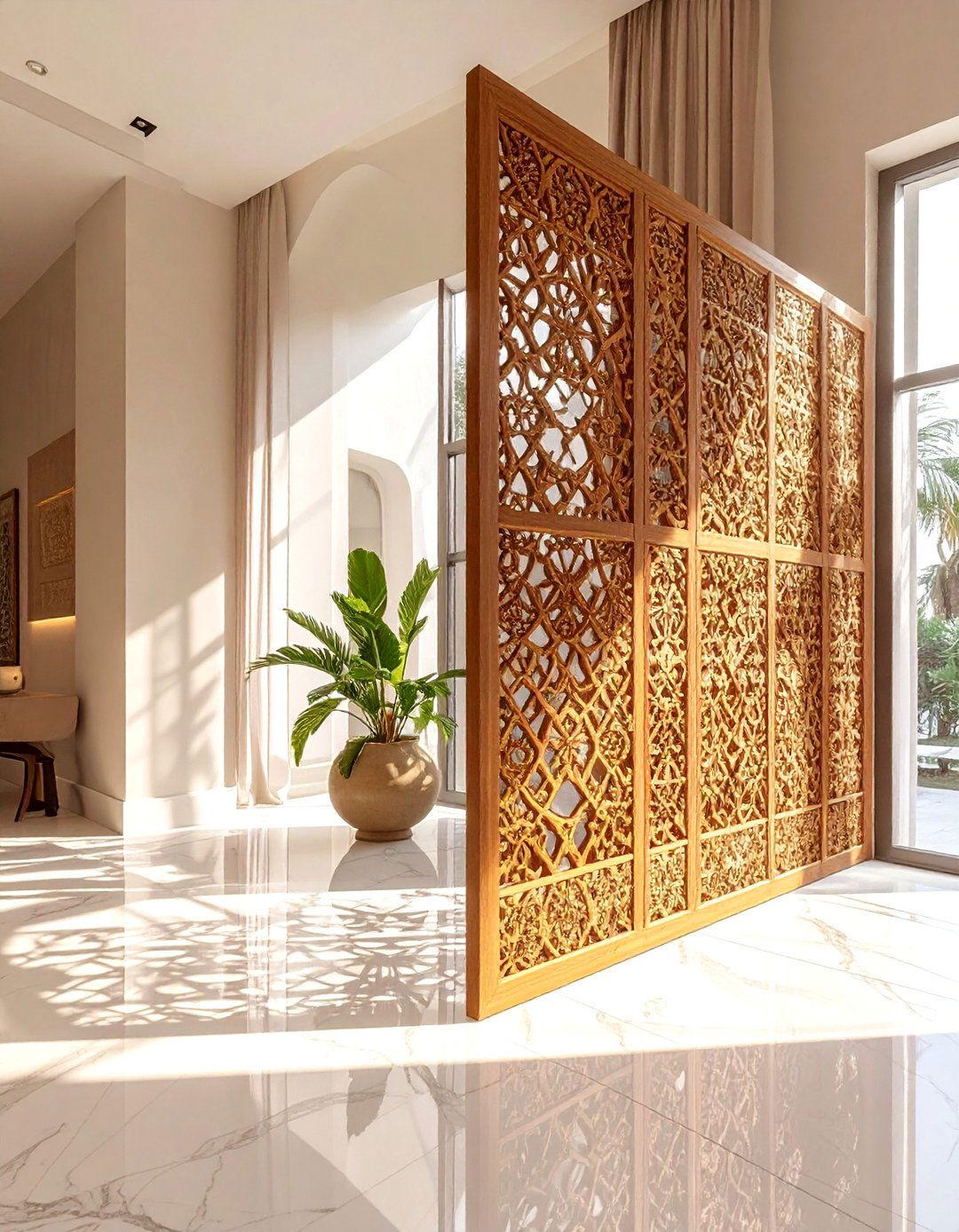
Mashrabiya screens are ornate latticework panels traditionally carved from wood. This design element offers both beauty and functionality, providing privacy and diffusing sunlight while allowing for air circulation. These intricate screens can be used as room dividers, window coverings, or decorative cabinet doors. The complex geometric patterns cast captivating shadows that shift throughout the day, adding a layer of dynamic artistry to the space. Integrating Mashrabiya panels into your home not only enhances privacy but also introduces a sophisticated architectural detail that is a hallmark of luxurious Arabic interiors, blending form with practical purpose seamlessly.
5. Arabic Interior Design Illuminated by Fanoos Lanterns
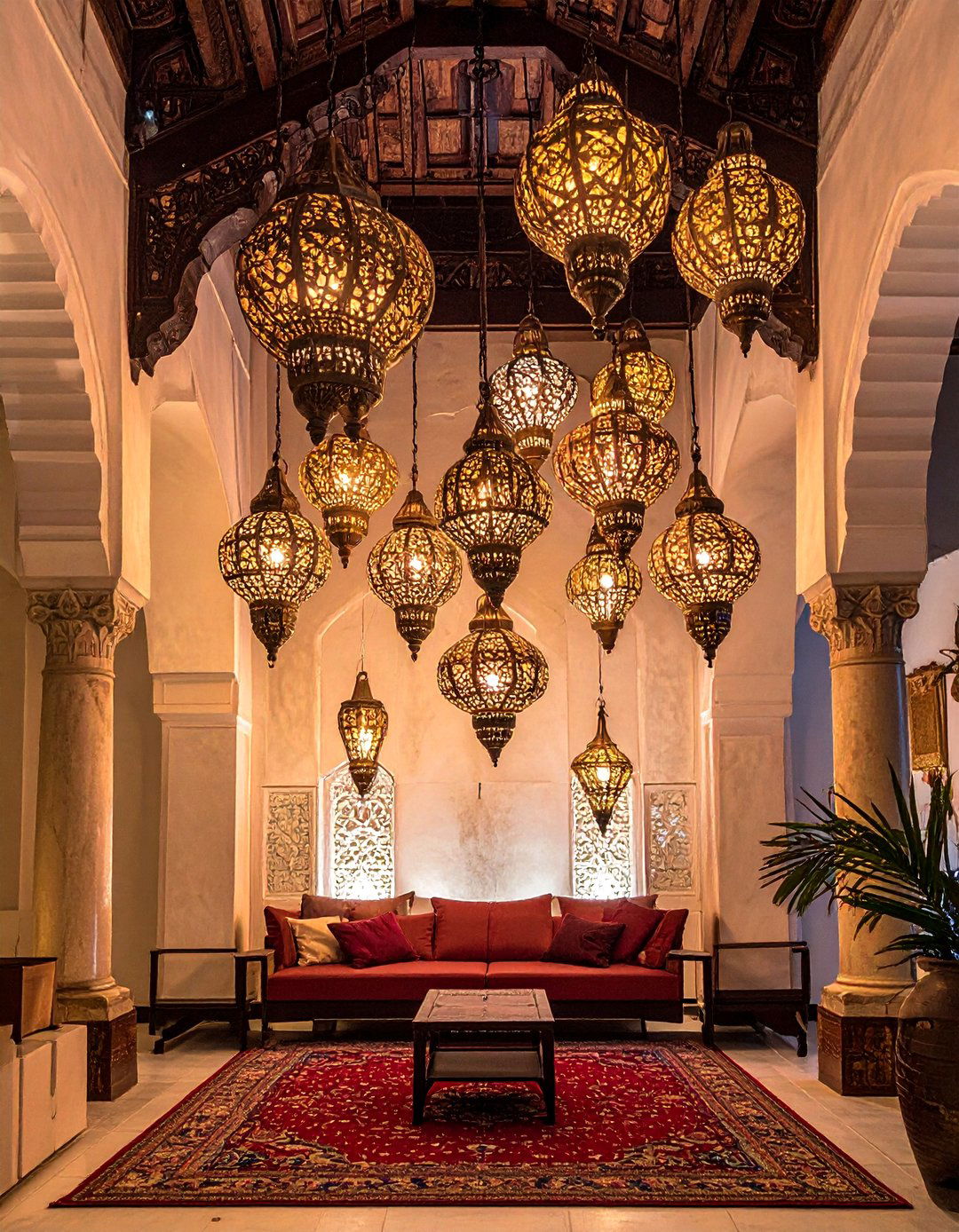
Lighting is crucial in setting the mood, and Fanoos lanterns are a perfect choice for an authentic Arabic interior. These lanterns, typically crafted from metals like brass, copper, or silver, feature intricate cutouts and are often fitted with colored or frosted glass. When lit, they cast elaborate patterns of light and shadow across the room, creating a warm, enchanting, and almost magical ambiance. Hung in clusters at varying heights or used as a single statement piece, these ornate lanterns become focal points, enhancing the sense of luxury and drawing attention to high ceilings or central seating areas.
6. Arabic Interior Design with Layered Persian Rugs
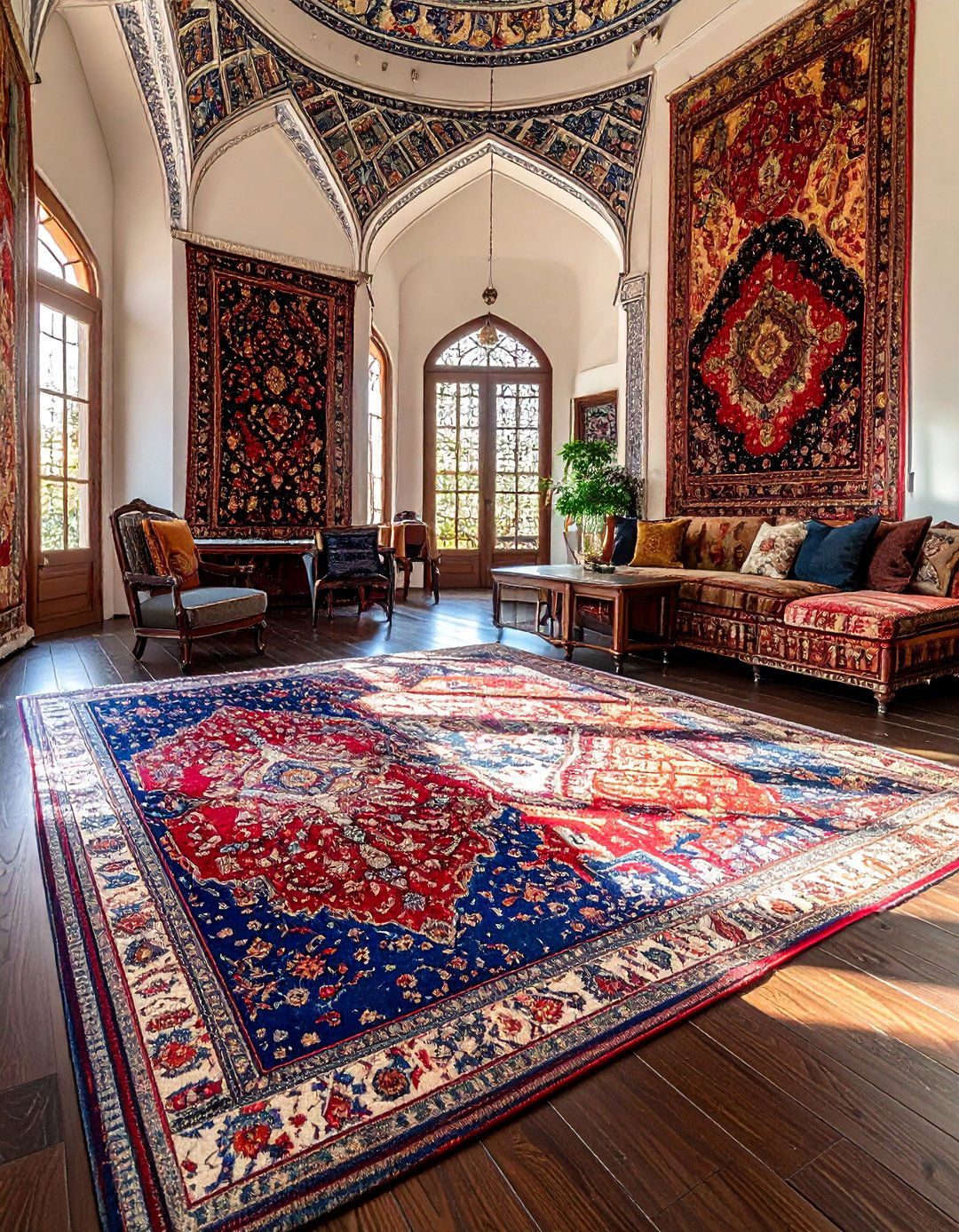
Luxurious textiles are fundamental to Arabic design, and nothing exemplifies this more than the use of high-quality, layered rugs. This approach involves placing multiple Persian or Turkish rugs of varying sizes and patterns on top of one another to create a rich, textured foundation. The key is to coordinate colors and patterns to produce a cohesive yet complex look. This layering adds warmth, muffles sound, and introduces an incredible depth of color and design to the floor. It creates a plush, comfortable underfoot experience that is both visually appealing and incredibly inviting, perfect for living rooms or a Majlis.
7. Arabic Interior Design Featuring a Courtyard Fountain
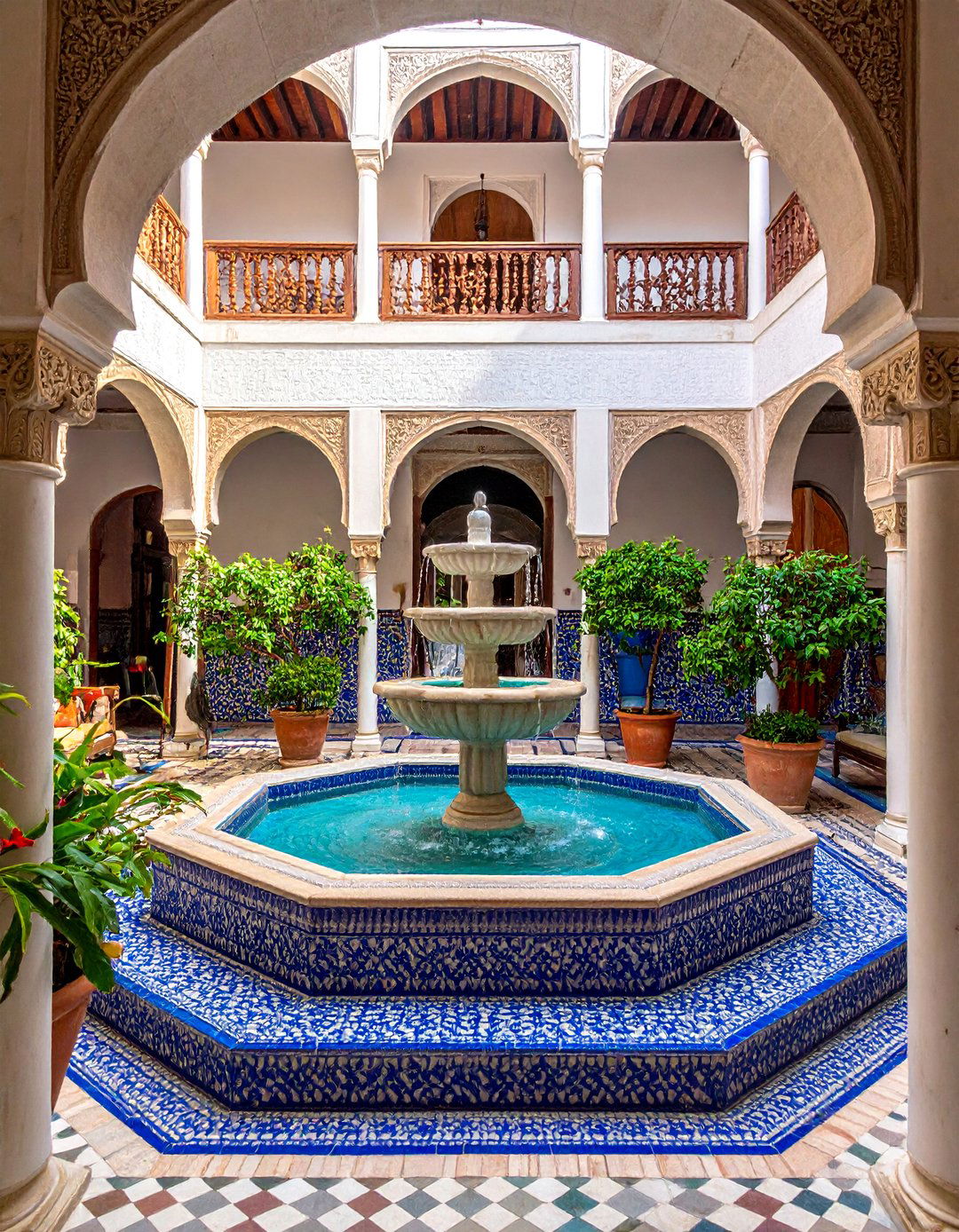
A central courtyard with a soothing water feature is a classic element of traditional Arabic homes. Bringing this idea indoors or to an enclosed patio creates a tranquil oasis. A small, multi-tiered fountain made of stone or decorated with Zellij tiles becomes the focal point, with the gentle sound of trickling water promoting a sense of peace and serenity. Surrounded by lush greenery and comfortable seating, this space serves as a private escape from the outside world. The fountain not only cools the air but also acts as a stunning piece of art that embodies the connection to nature inherent in Arabic design.
8. Arabic Interior Design with Carved Wood Furniture
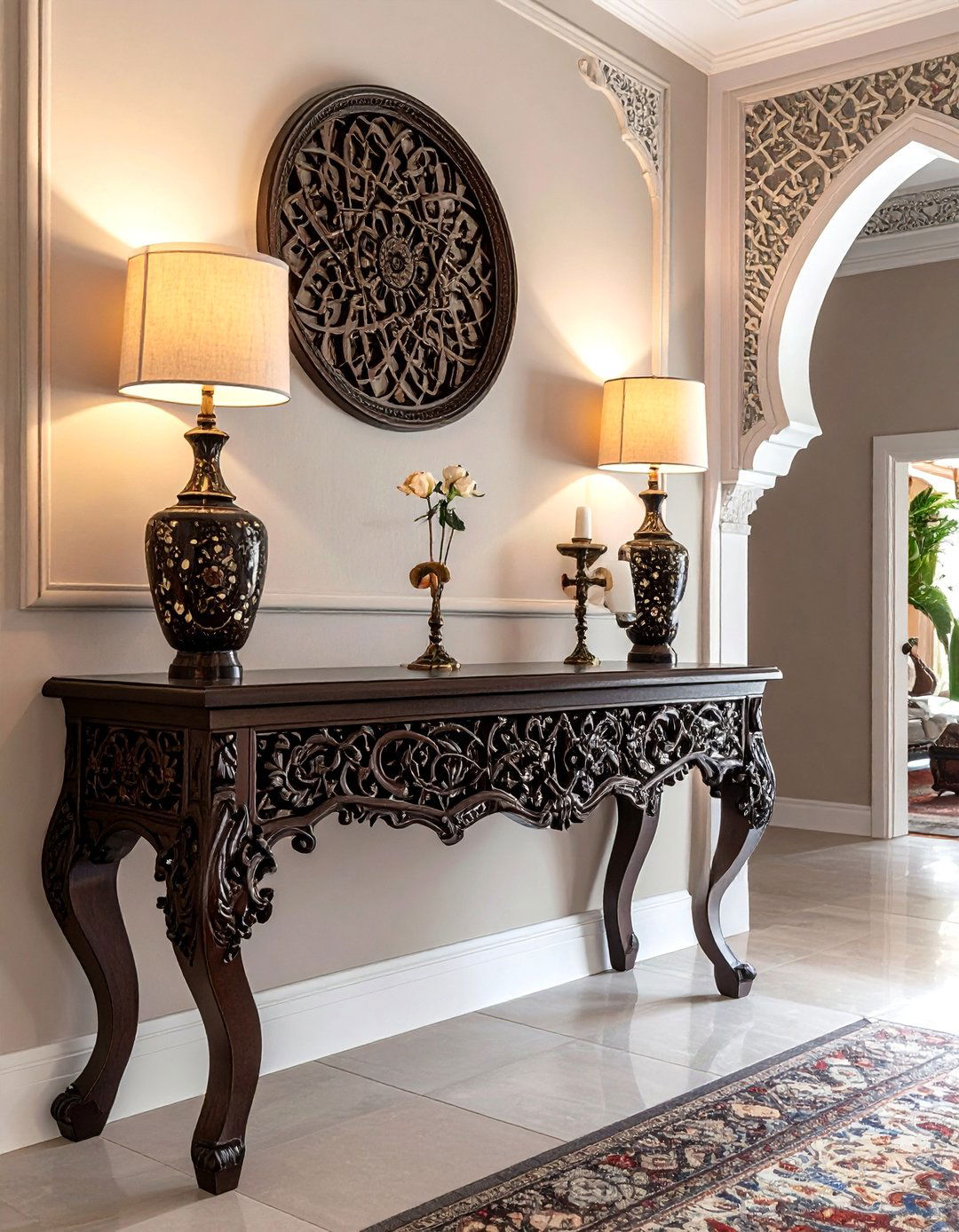
Ornately carved wood furniture is a cornerstone of Arabic interior design, showcasing exceptional craftsmanship. This idea involves selecting pieces like coffee tables, chests, sideboards, and chairs that feature intricate geometric or floral carvings. Woods like walnut, rosewood, or cedar are often used for their durability and beautiful grain. These statement pieces add a tangible sense of history and artistry to a room. Whether it's a heavily detailed room divider or a delicately inlaid side table, carved wood furniture provides texture and a connection to traditional artisan skills, grounding the space with its solid, timeless presence.
9. Arabic Interior Design with Calligraphy Wall Art
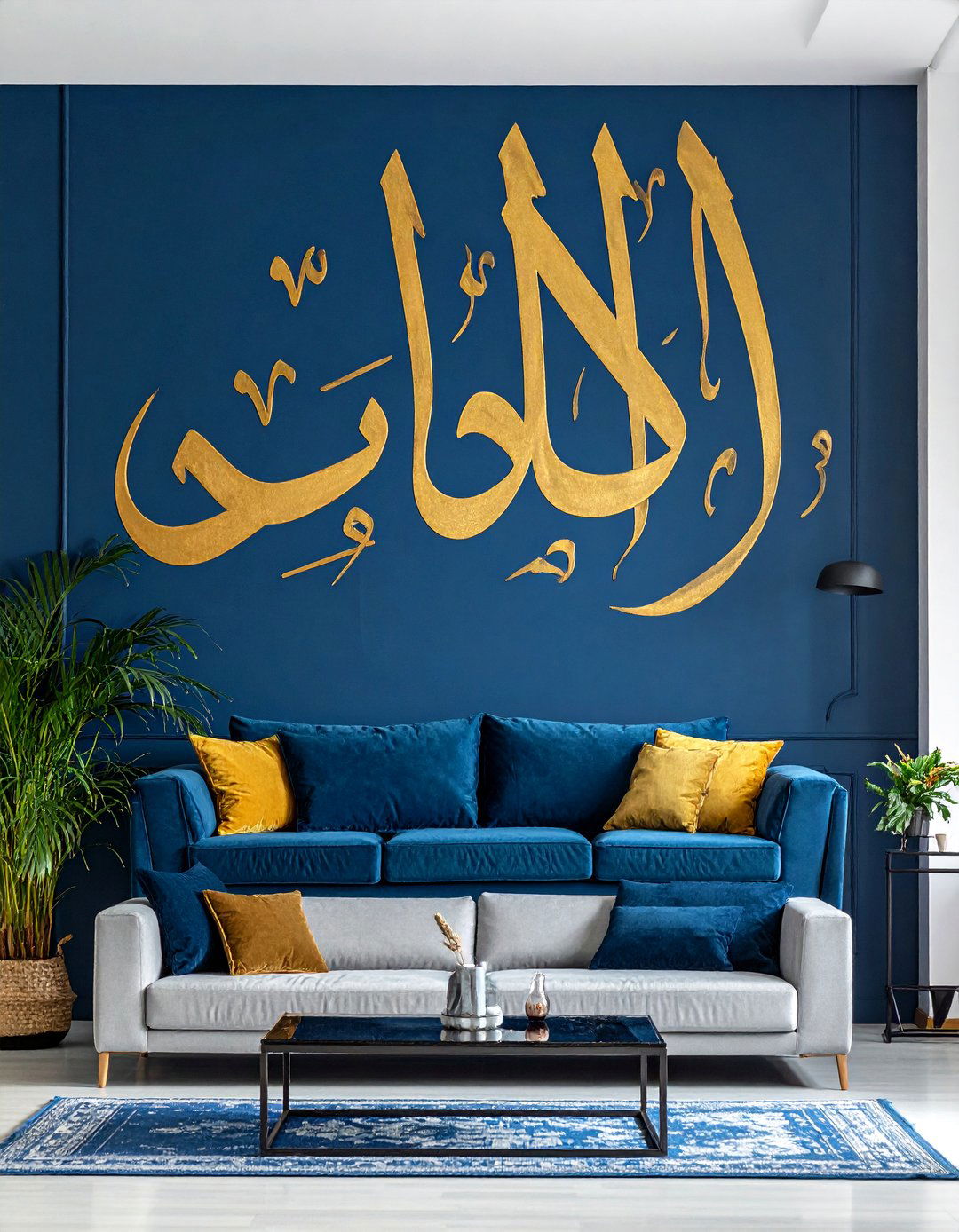
Islamic calligraphy is a revered art form that brings spiritual and aesthetic value into the home. This design idea incorporates large-scale calligraphy art as a focal point on walls. Whether painted directly onto the wall, featured on a canvas, or carved into wood or plaster panels, the elegant, flowing script adds a layer of profound meaning and sophistication. The verses from poetry or sacred texts are chosen for their beauty and significance. This artistic expression serves as a powerful decorative element that is both modern and deeply rooted in cultural heritage, creating a serene and contemplative atmosphere.
10. Arabic Interior Design with Sunken Seating Areas
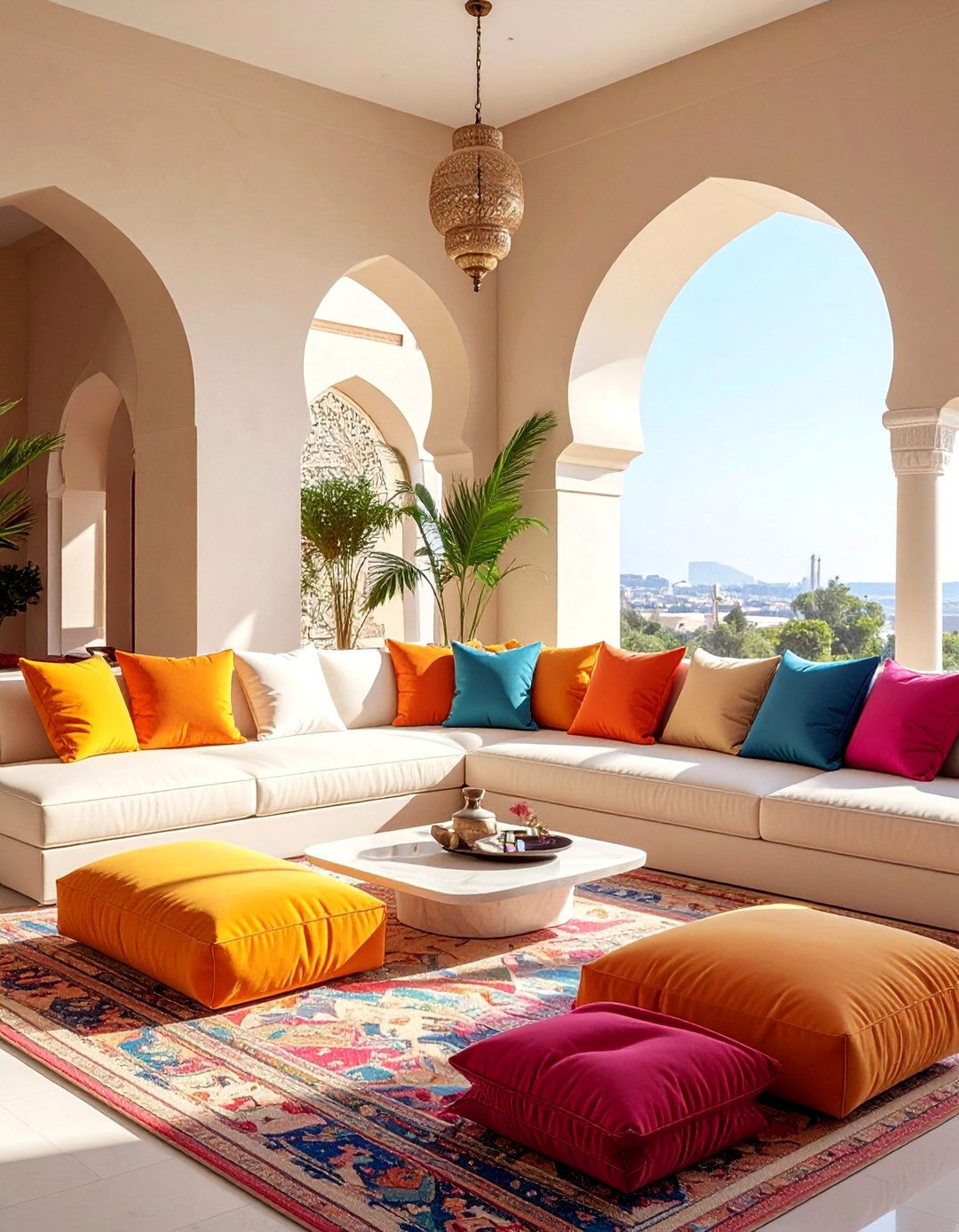
A sunken seating area, or a "conversation pit," is a modern interpretation of the traditional Majlis that adds a unique architectural dimension to a living space. This design lowers the main seating area below floor level, creating an intimate and cozy enclave perfect for entertaining guests or relaxing with family. Lined with plush, custom-built sofas and an abundance of cushions and bolsters, the sunken lounge becomes an instant focal point. This setup not only defines the social space within an open-plan layout but also enhances the feeling of closeness and comfort, encouraging long, engaging conversations.
11. Arabic Interior Design with Tessellated Floor Tiles
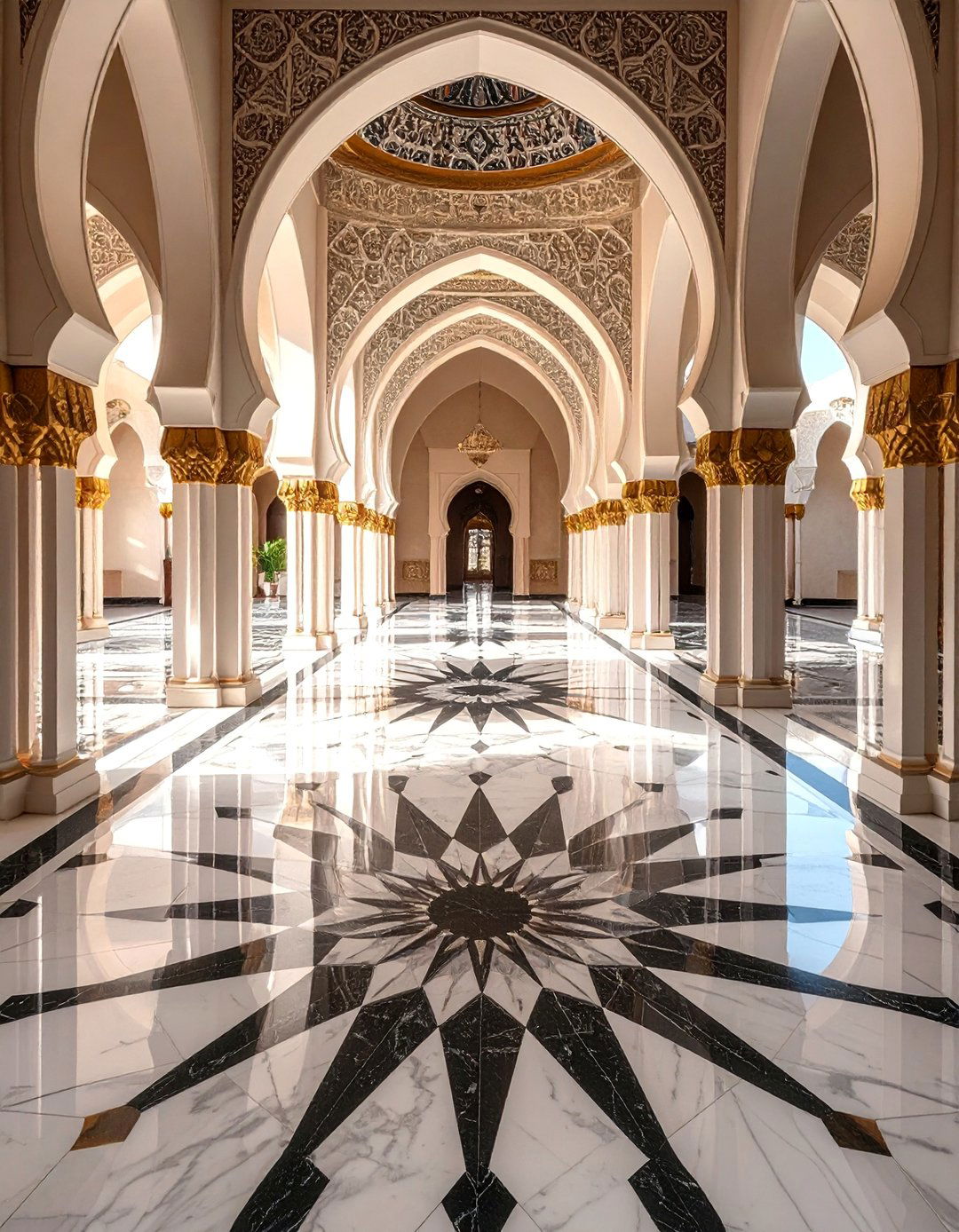
Beyond Zellij, larger tessellated floor tiles featuring bold geometric patterns are a hallmark of grand Arabic interiors. This design idea focuses on using repeating patterns of stars, polygons, and interlocking lines to create a visually stunning floor that acts as the room's primary artwork. Often realized in a classic black-and-white marble or a palette of rich, earthy tones, these floors provide a strong graphic foundation for the rest of the decor. The precision and symmetry of the patterns create a sense of order and infinite complexity, adding a dramatic and luxurious feel to entryways, halls, and large living spaces.
12. Arabic Interior Design Using Gold and Brass Accents
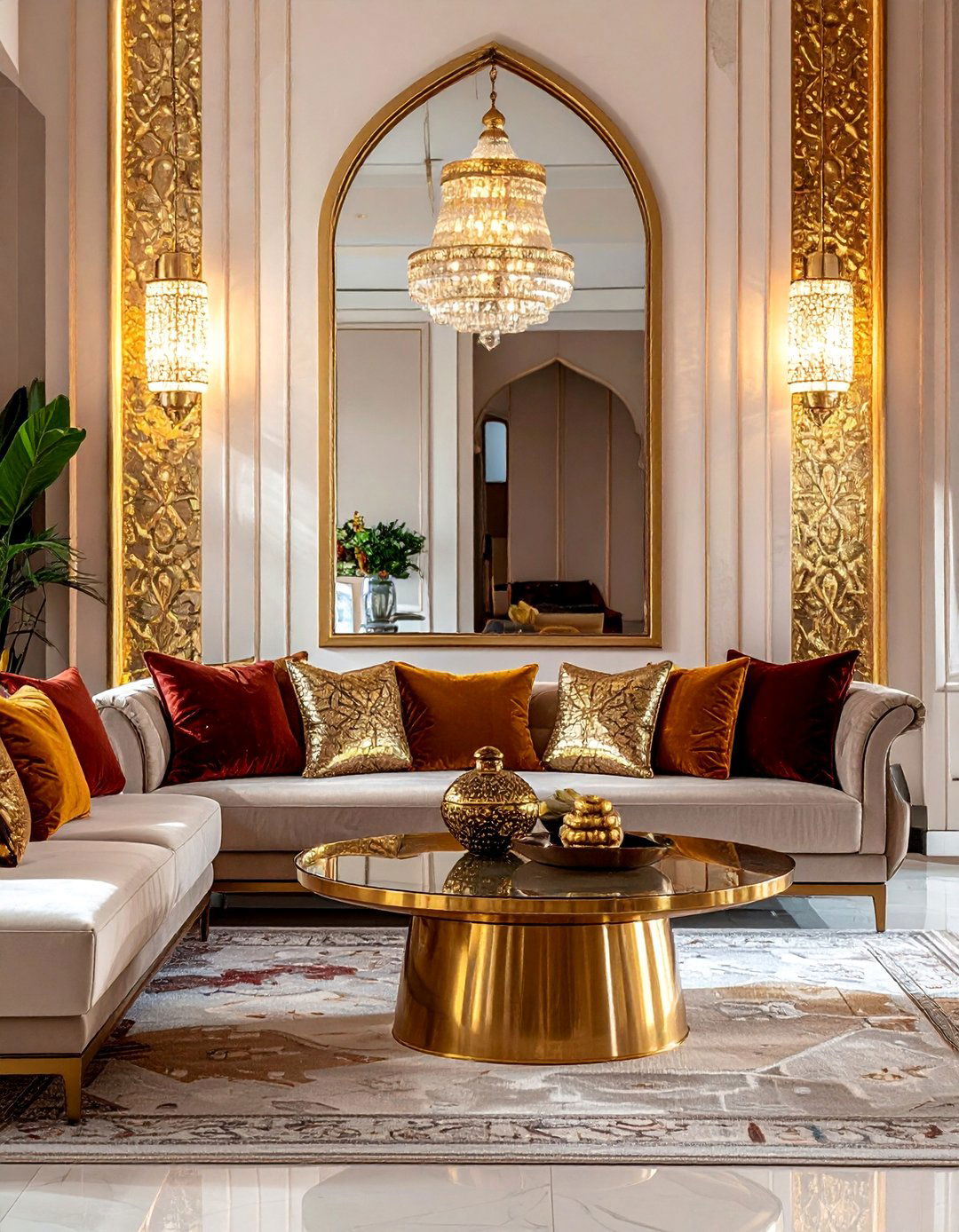
Incorporating metallic accents is essential for achieving a look of opulence in Arabic design. This idea revolves around the strategic use of polished gold and warm brass elements throughout the space. This can be seen in the frames of mirrors, the bases of tables, the hardware on cabinets, and, of course, in lanterns and light fixtures. These reflective surfaces catch the light beautifully, adding a warm glow and a touch of glamour. The key is to use them as highlights rather than overwhelming the space, ensuring they complement the rich textures and colors of the fabrics and woods.
13. Arabic Interior Design with Stained Glass Windows
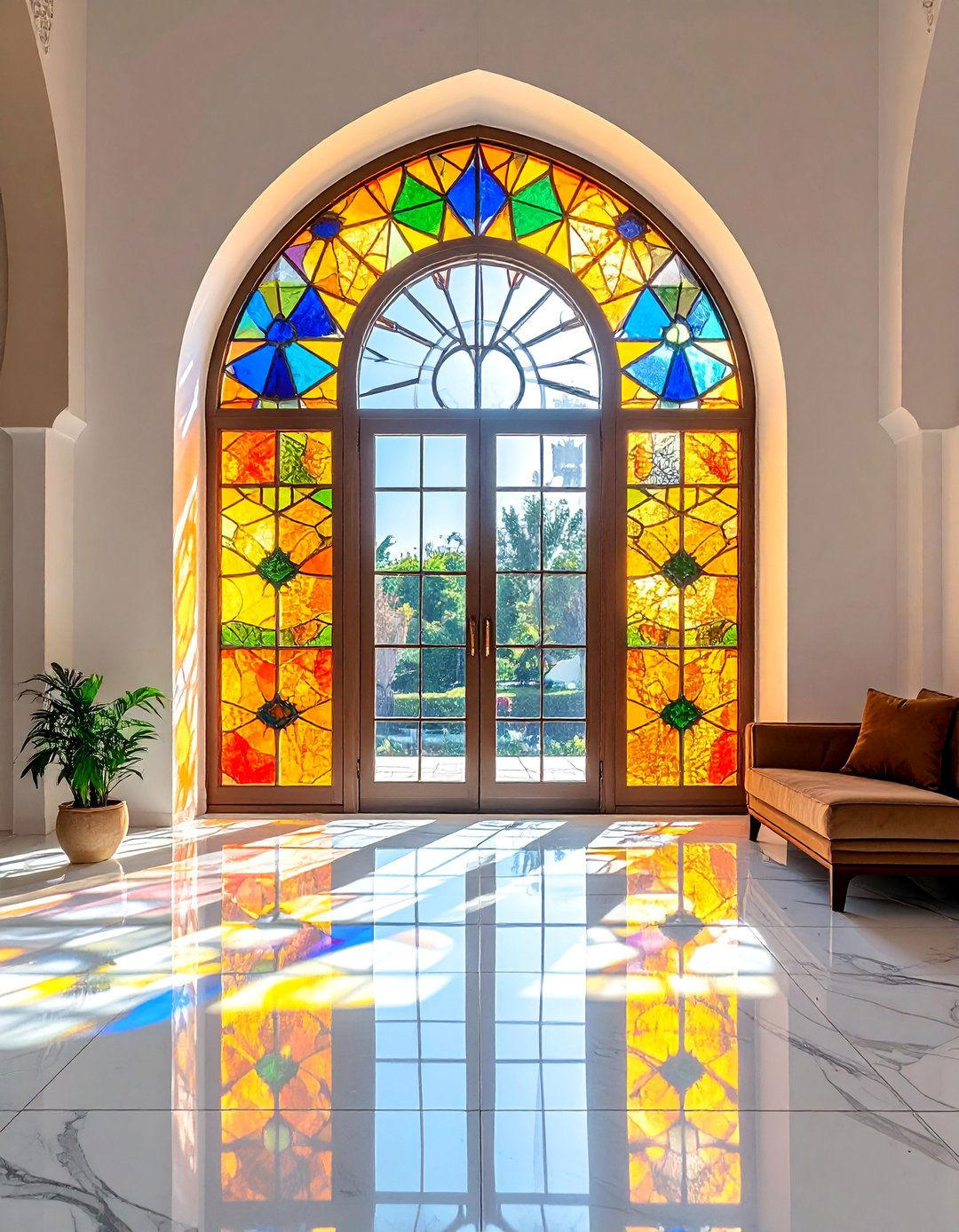
Stained glass windows, known as "qamariya," add a jewel-like quality to Arabic interiors. These windows traditionally feature intricate geometric patterns and vibrant colors like deep blues, reds, and greens. When sunlight streams through, it casts a kaleidoscope of colorful light into the room, creating a breathtaking and ethereal effect. This design element can be incorporated into actual windows, door panels, or even interior partitions to add color and artistry. The interplay of light and color transforms the space throughout the day, making it a living piece of art that enriches the overall atmosphere with its vibrant beauty.
14. Arabic Interior Design Showcasing Luxurious Drapery
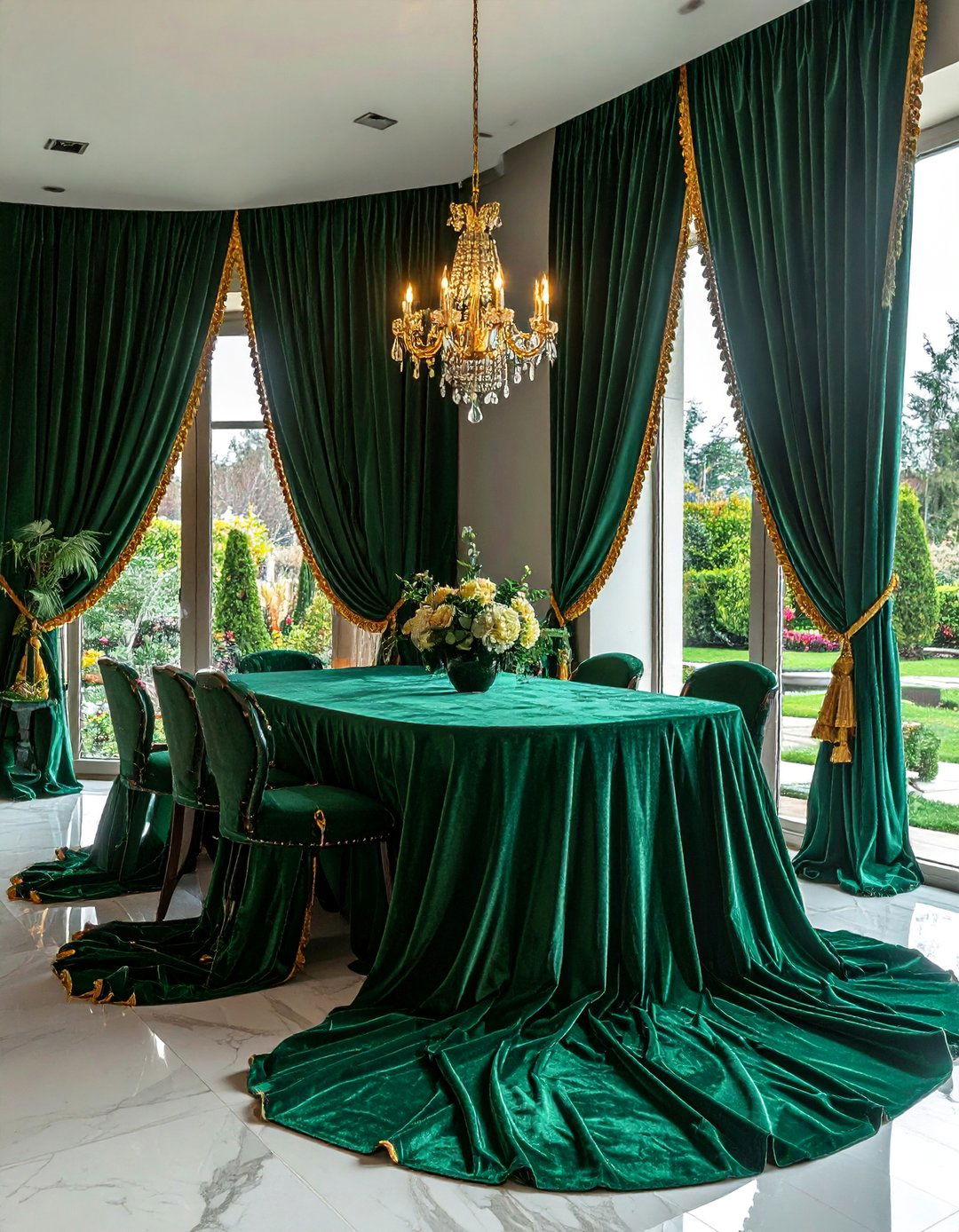
Heavy, luxurious drapery plays a vital role in creating a sense of drama and enclosure in Arabic interior design. This concept involves using rich fabrics like damask, silk, or velvet for curtains that pool elegantly on the floor. Choosing deep, saturated colors such as burgundy, royal blue, or emerald green adds to the opulence. The curtains are often embellished with intricate embroidery, tassels, or ornate tie-backs. Hung from decorative wooden or brass rods, they frame windows beautifully, providing privacy and light control while also adding a layer of softness and texture that contributes to the room's lavish and cozy feel.
15. Arabic Interior Design with Mihrab-Inspired Niches
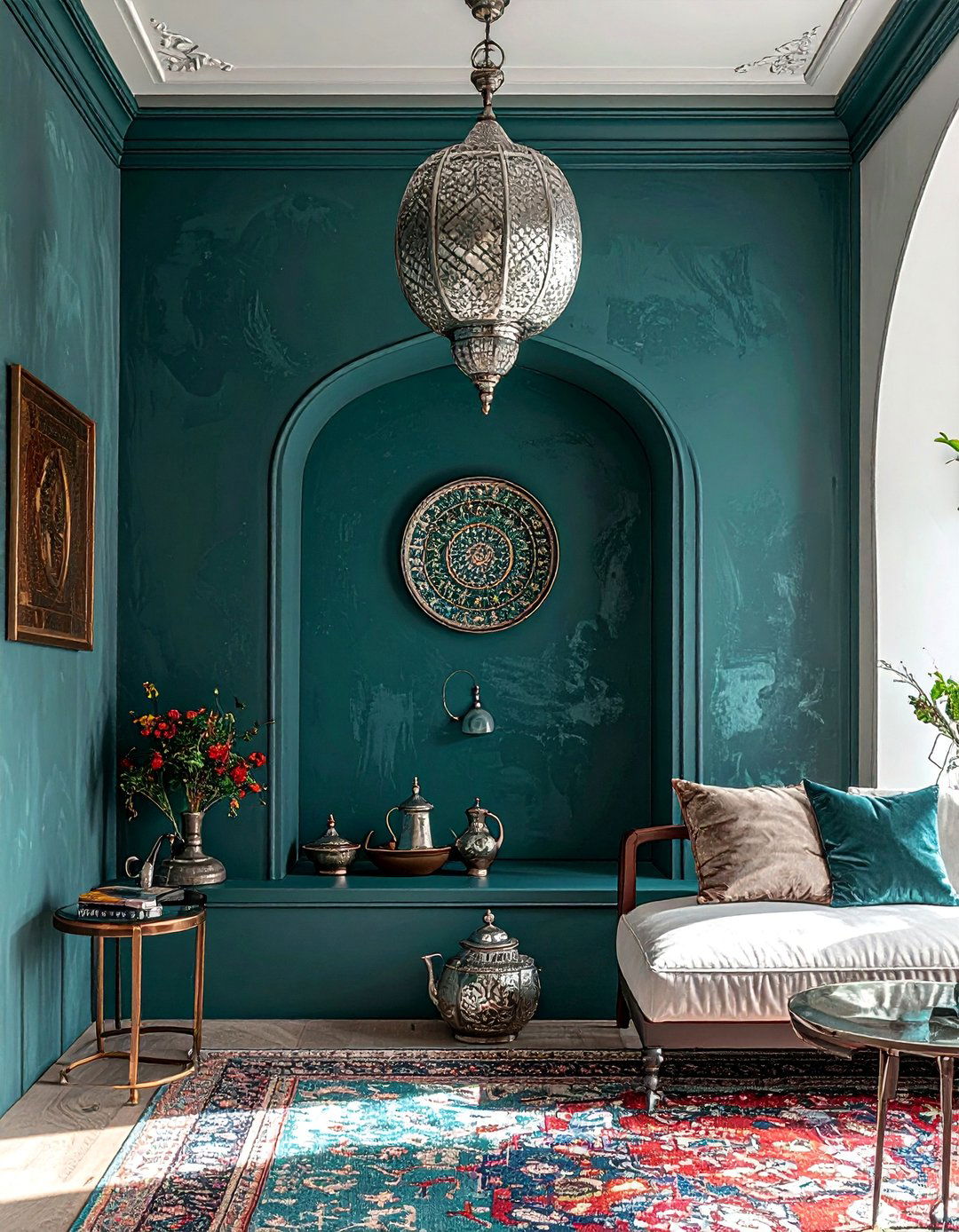
Drawing inspiration from the prayer niches found in mosques, Mihrab-shaped arches can be incorporated into walls as decorative shelving or display areas. These recessed niches, with their characteristic pointed arch top, provide a perfect place to showcase prized possessions like antique pottery, metalwork, or books. Painting the inside of the niche a contrasting color or lining it with intricate tilework can turn it into a stunning focal point. This architectural detail adds depth and character to a flat wall, blending spiritual symbolism with practical function in a way that is both elegant and authentically rooted in Islamic design principles.
16. Arabic Interior Design Incorporating Indoor Water Features
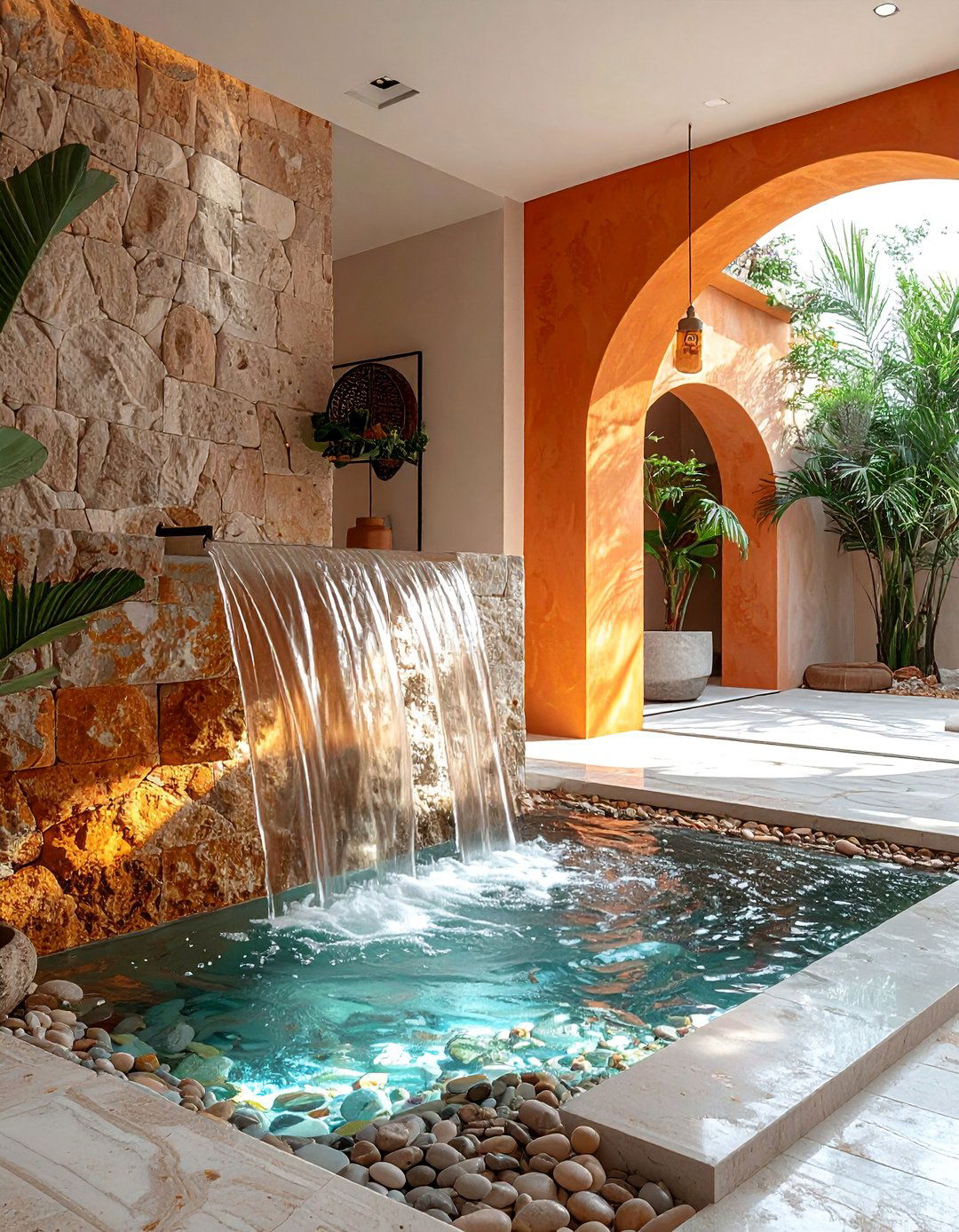
Beyond a central courtyard fountain, smaller indoor water features can instill a sense of tranquility throughout the home. This design idea includes installing a wall-mounted fountain in a living area or a freestanding stone basin in an entryway. The gentle sound of flowing water is inherently calming and helps to create a serene, spa-like atmosphere. These features often incorporate traditional materials like stone, marble, and mosaic tiles, seamlessly blending with the overall aesthetic. An indoor water element acts as a natural humidifier, improves air quality, and serves as a beautiful, multi-sensory focal point that enhances the feeling of a luxurious retreat.
17. Arabic Interior design with Ornate Ceiling Details
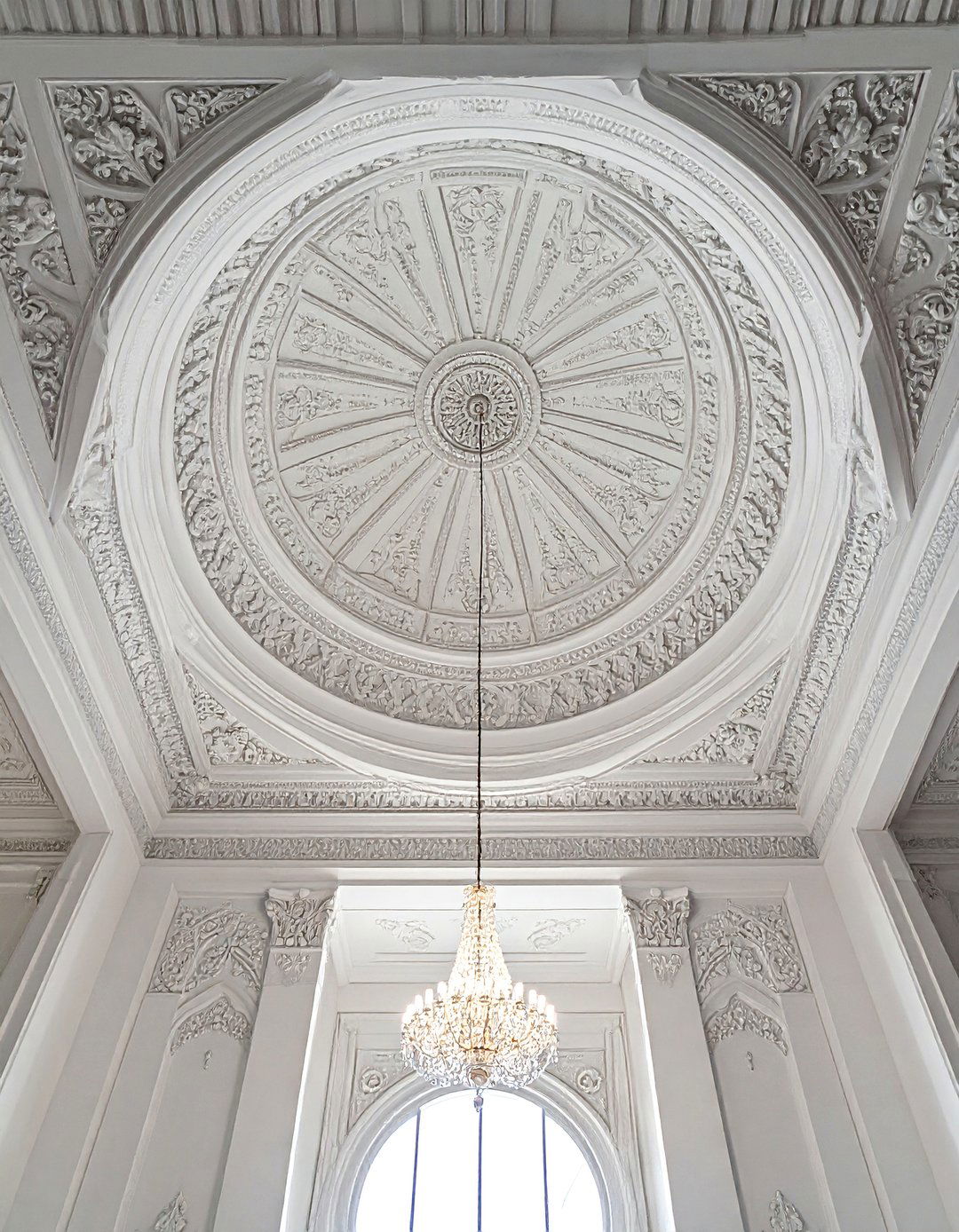
In Arabic design, the "fifth wall"—the ceiling—is never overlooked. This idea focuses on creating an ornate ceiling to draw the eye upward and add a layer of grandeur. This can be achieved through intricately carved wooden coffers, geometric plasterwork, or a large, central medallion from which a chandelier hangs. Hand-painted patterns or gold-leaf detailing can further enhance the design, turning the ceiling into a magnificent work of art. This level of detail adds incredible depth and luxury to a room, making the space feel complete and thoughtfully designed from top to bottom, truly immersing occupants in its opulent atmosphere.
18. Arabic Interior Design with Low-Slung Upholstered Sofas
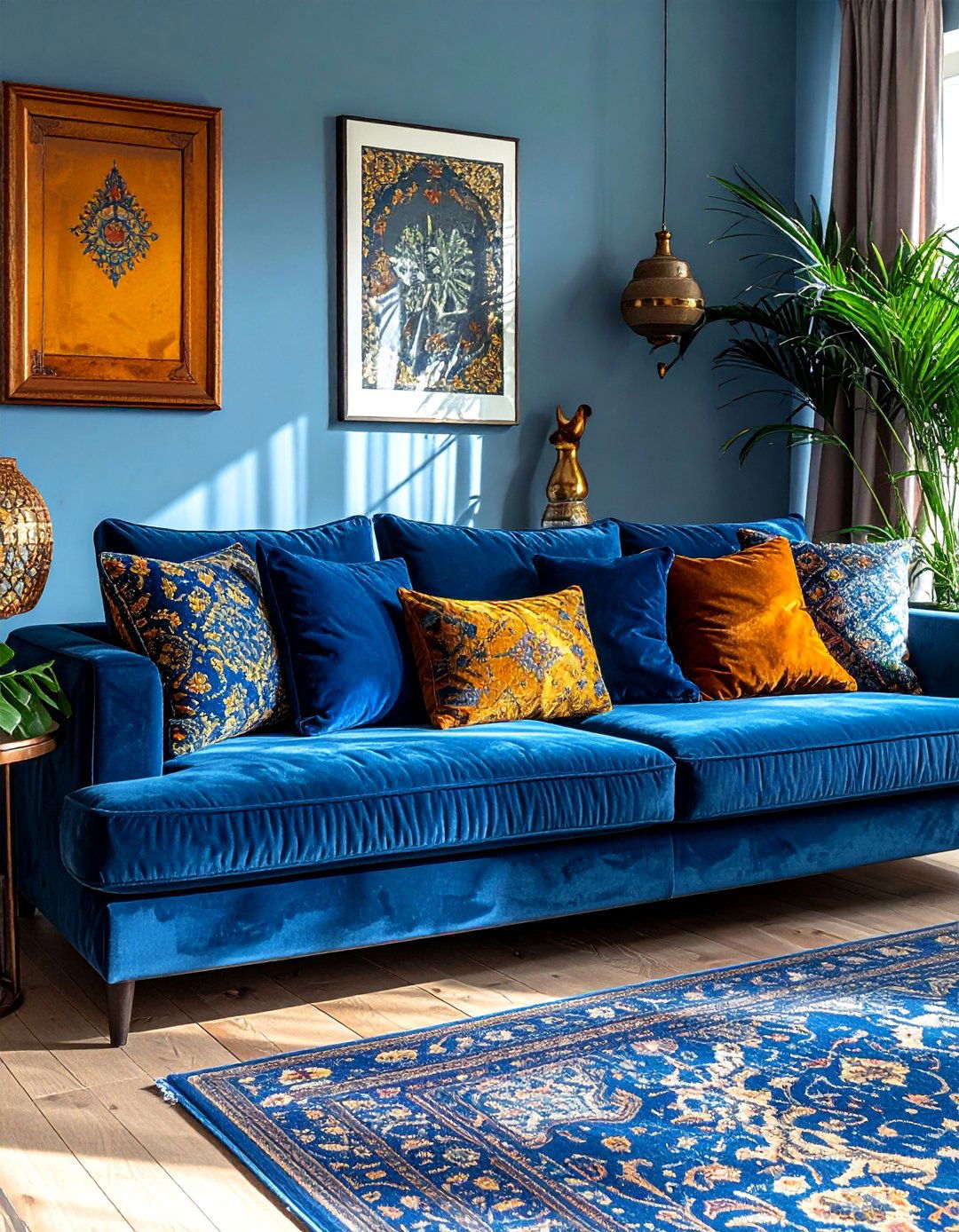
Comfort is paramount in Arabic interiors, and low-slung sofas contribute to a relaxed and grounded atmosphere. This design choice involves selecting deep, plush sofas that sit closer to the floor, encouraging lounging and informal social interaction. Upholstered in tactile fabrics like chenille or velvet and piled high with an abundance of decorative cushions and bolsters in various shapes, sizes, and patterns, these sofas become the ultimate cozy retreat. They blend the comfort of a modern lounge with the floor-level seating of a traditional Majlis, creating a space that is both stylish and exceptionally welcoming for family and friends.
19. Arabic Interior Design with Decorative Inlaid Mirrors
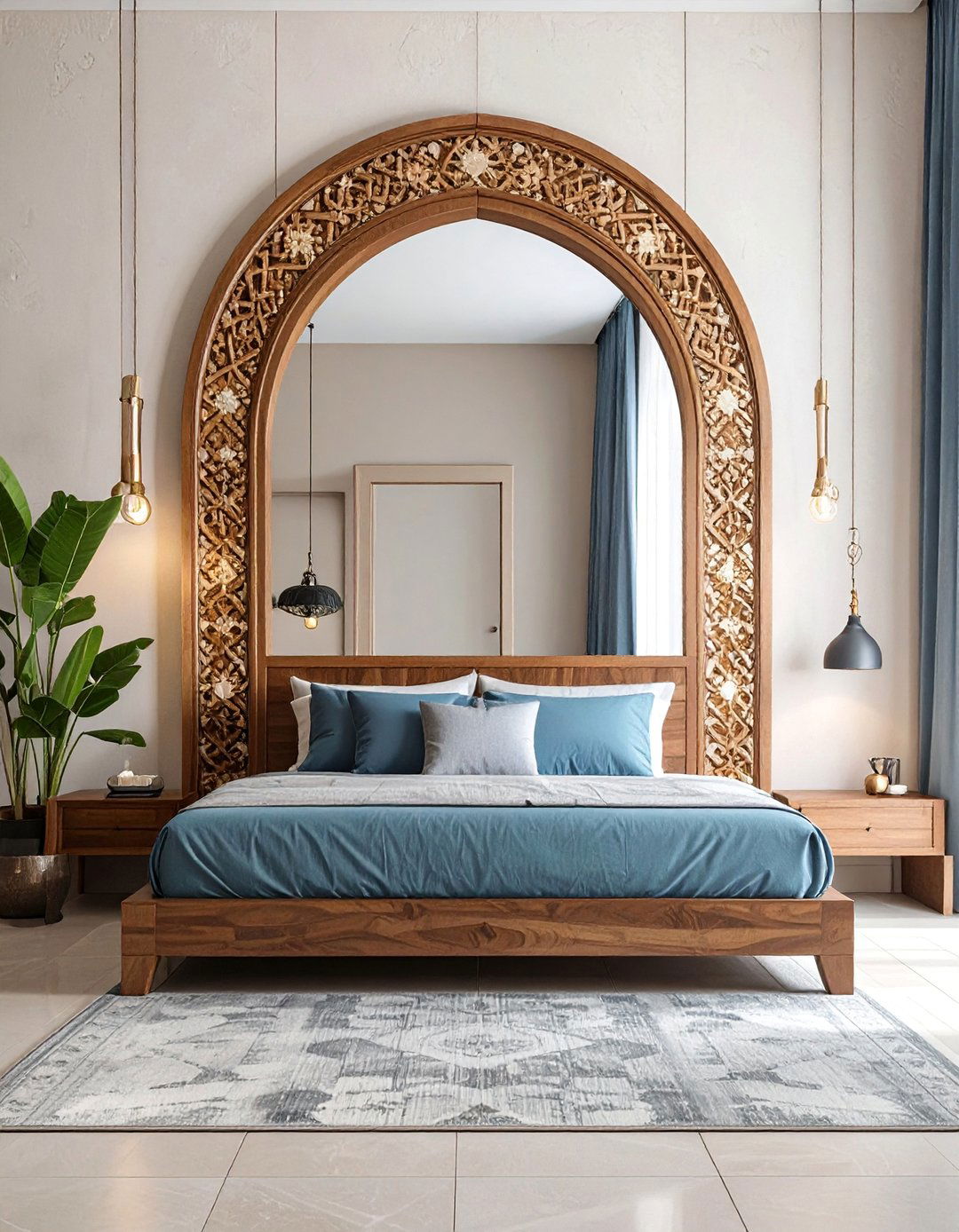
Mirrors are used in Arabic design not only for their practical purpose but also as decorative elements that enhance light and create an illusion of space. This idea focuses on using large mirrors with ornate, intricately designed frames. These frames are often made from wood with mother-of-pearl inlay, carved plaster, or hammered metal, featuring geometric or floral motifs. Placing a large, beautifully framed mirror opposite a window or a light source maximizes its reflective properties, making the room feel brighter and more expansive. It acts as a piece of wall art that adds glamour and sophistication.
20. Arabic Interior Design Accented with Rich Textiles
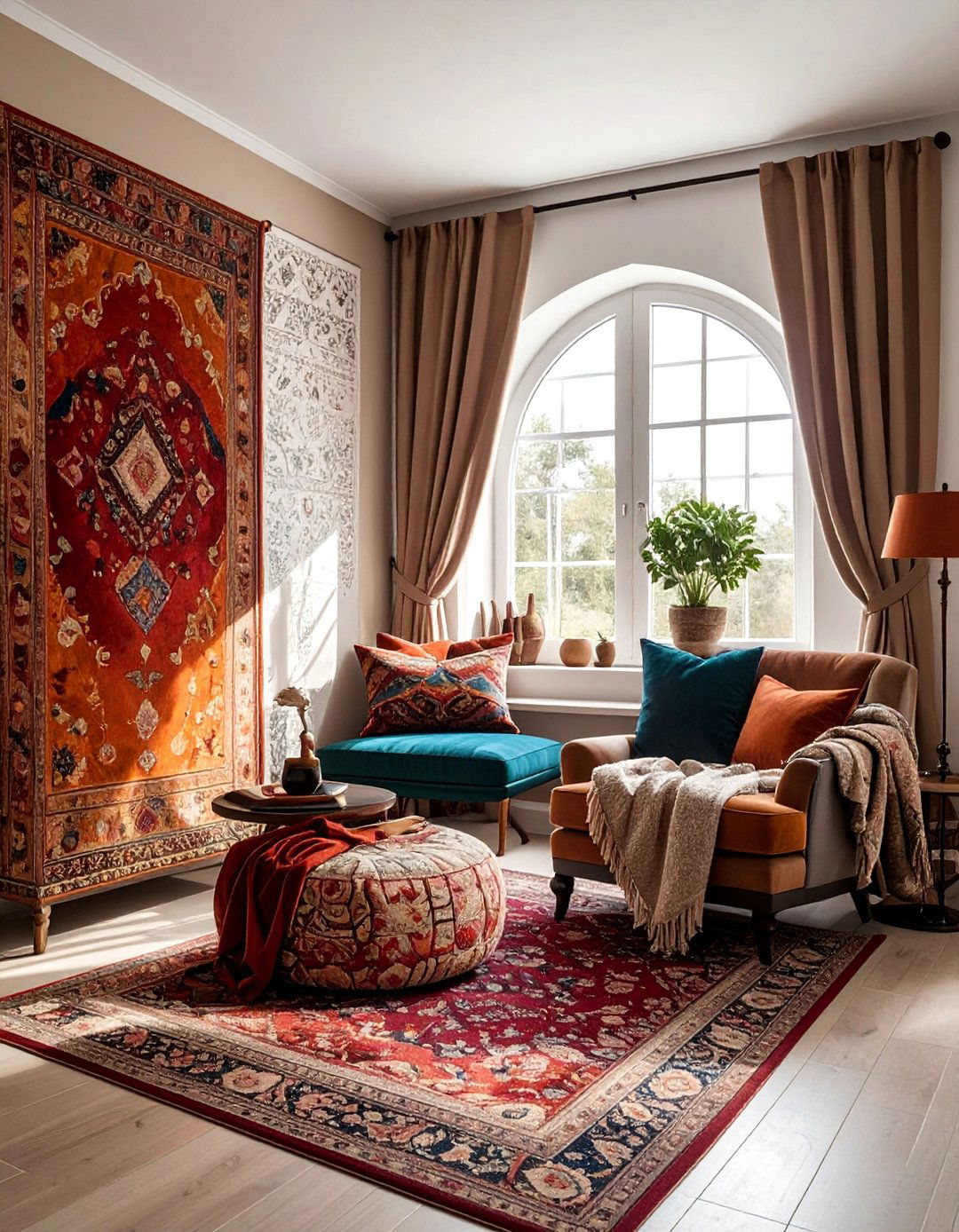
A profusion of rich textiles is essential for layering texture and color in Arabic interior design. This concept goes beyond rugs and curtains to include throw pillows, wall hangings, and upholstered ottomans. Fabrics are chosen for their luxurious feel and appearance, such as silk, satin, velvet, and cashmere. Patterns range from intricate damasks and brocades to simpler geometric weaves. Layering these textiles on sofas, chairs, and even on walls as tapestries creates a warm, inviting, and visually complex environment. The tactile quality of these materials adds to the overall sense of comfort and opulence that defines this luxurious style.
Conclusion:
Ultimately, Arabic interior design is an artful fusion of tradition, comfort, and luxury. By integrating key elements like pointed arches, intricate Zellij tilework, ornate Fanoos lanterns, and rich textiles, you can create a home that is both a visual masterpiece and a welcoming haven. The emphasis on craftsmanship, geometric precision, and layered textures results in spaces that feel both grand and intimately personal. This design language transforms a house into a luxurious home, offering a timeless aesthetic that celebrates cultural heritage while providing a sanctuary for modern living and gracious hospitality.

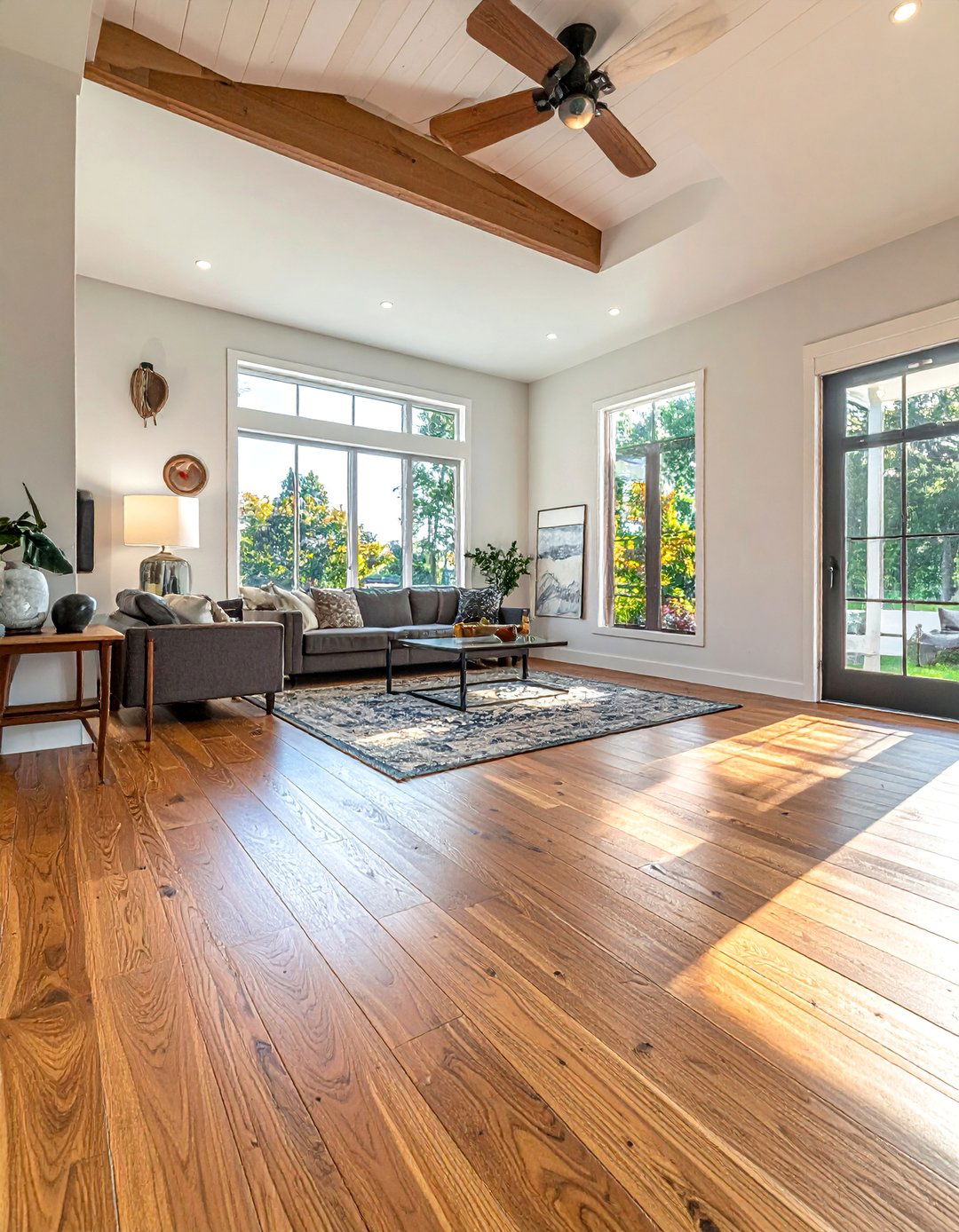
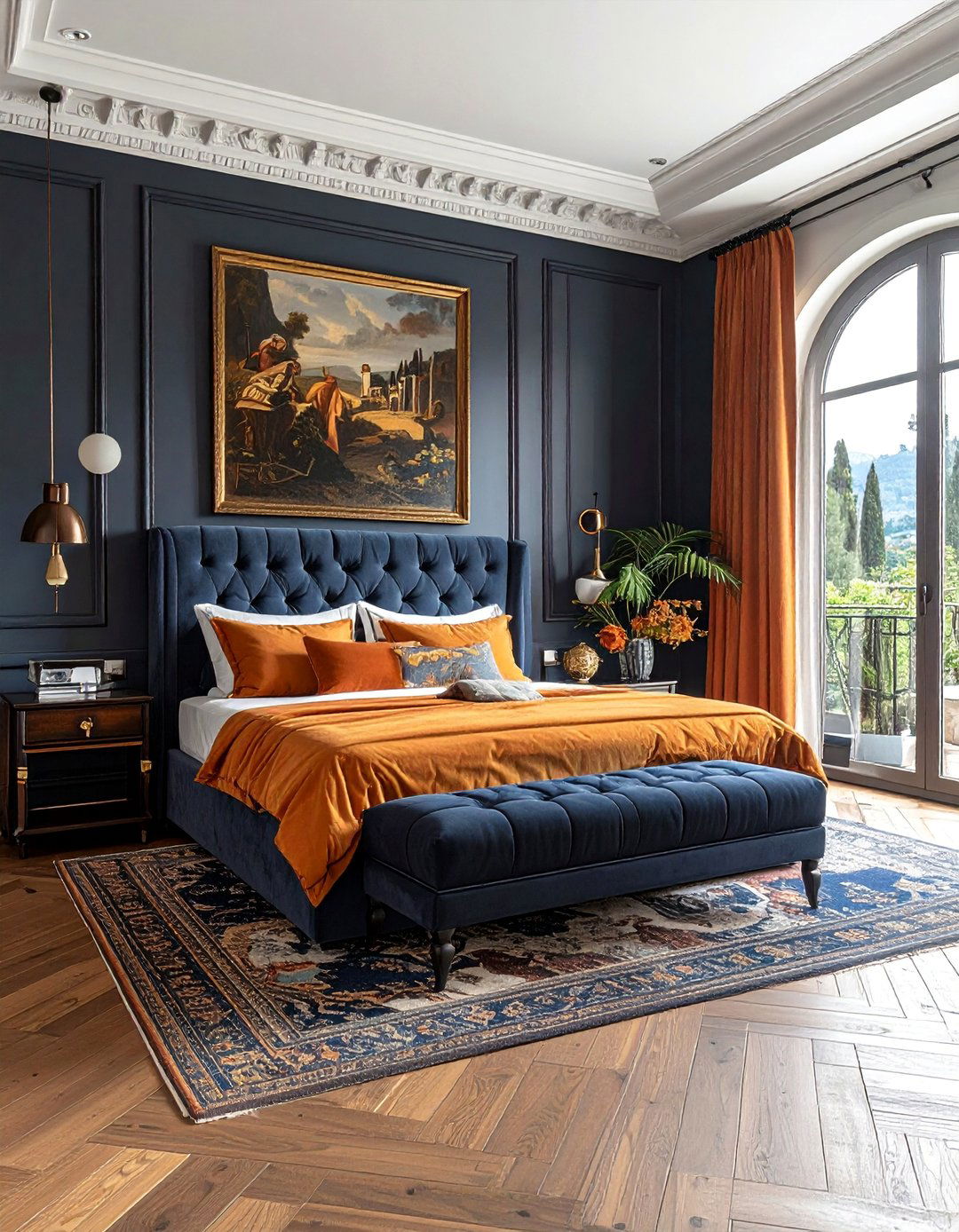
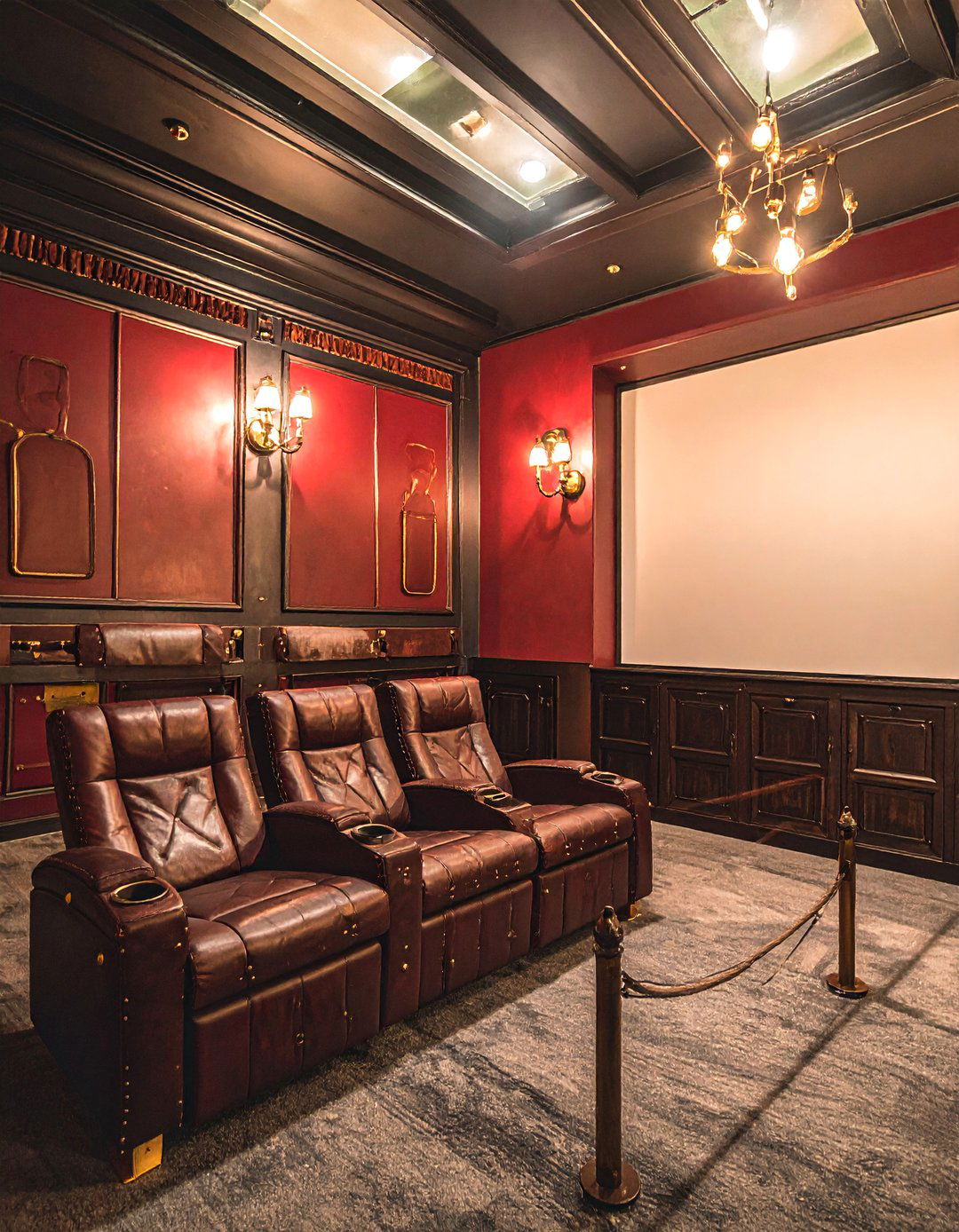
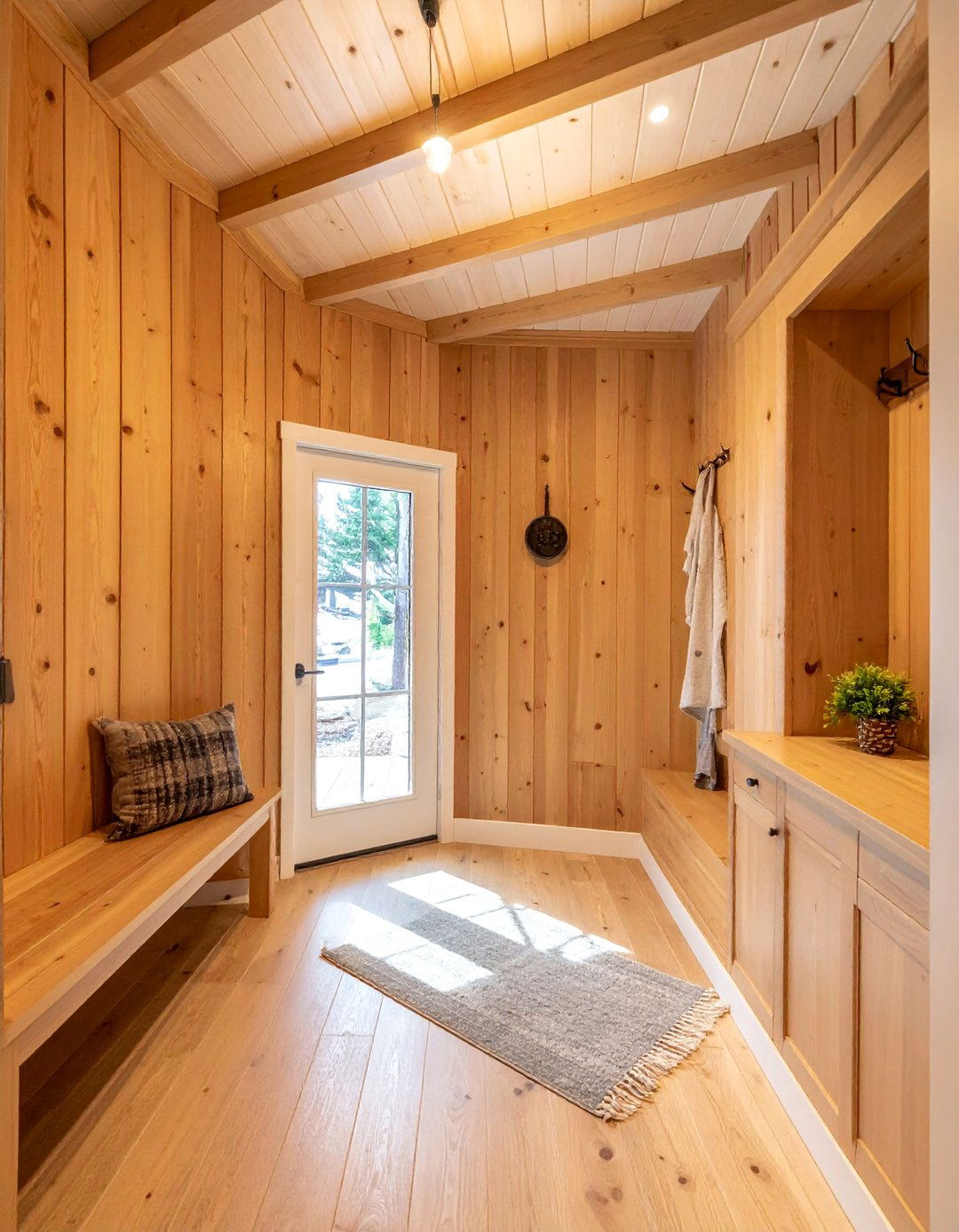
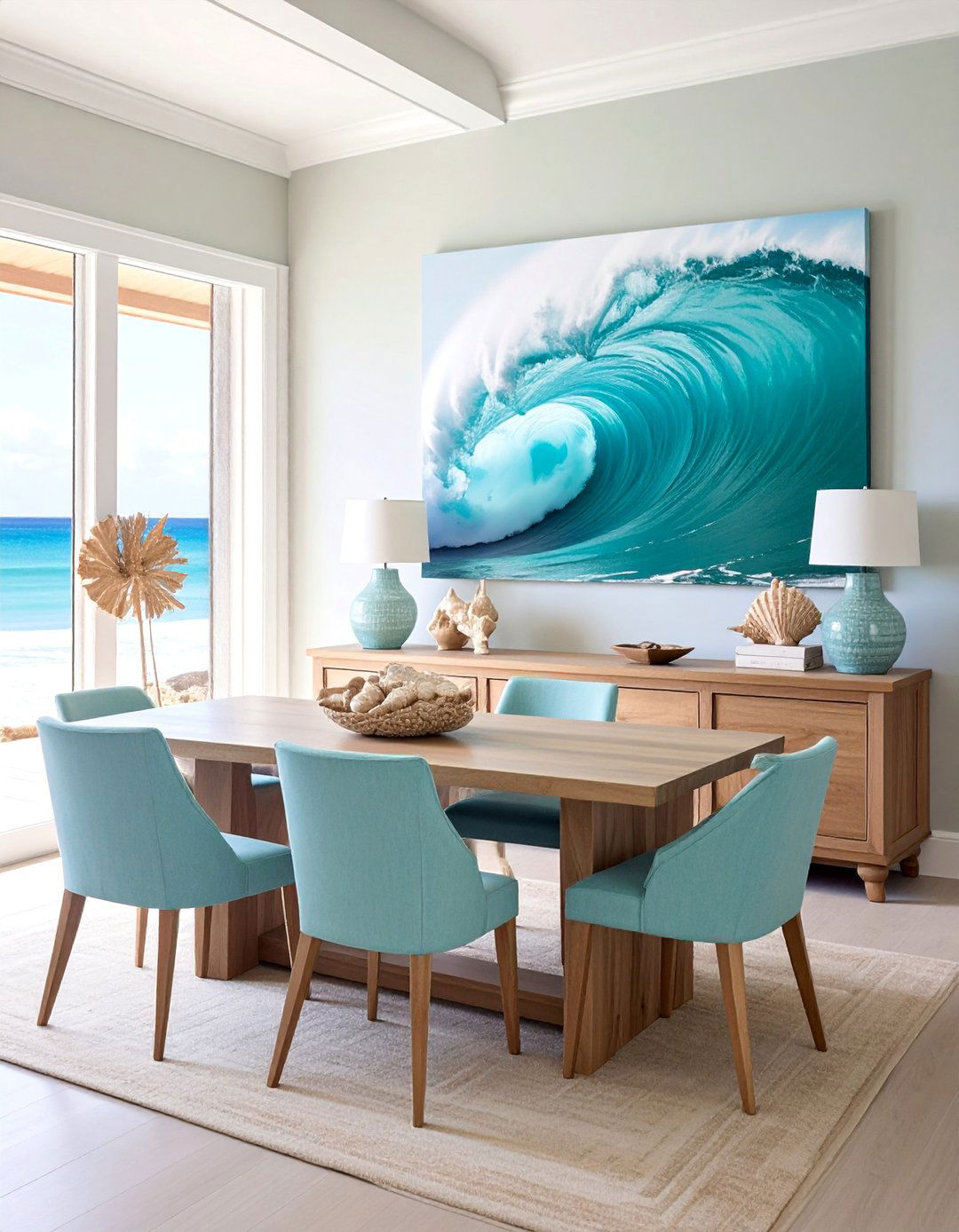
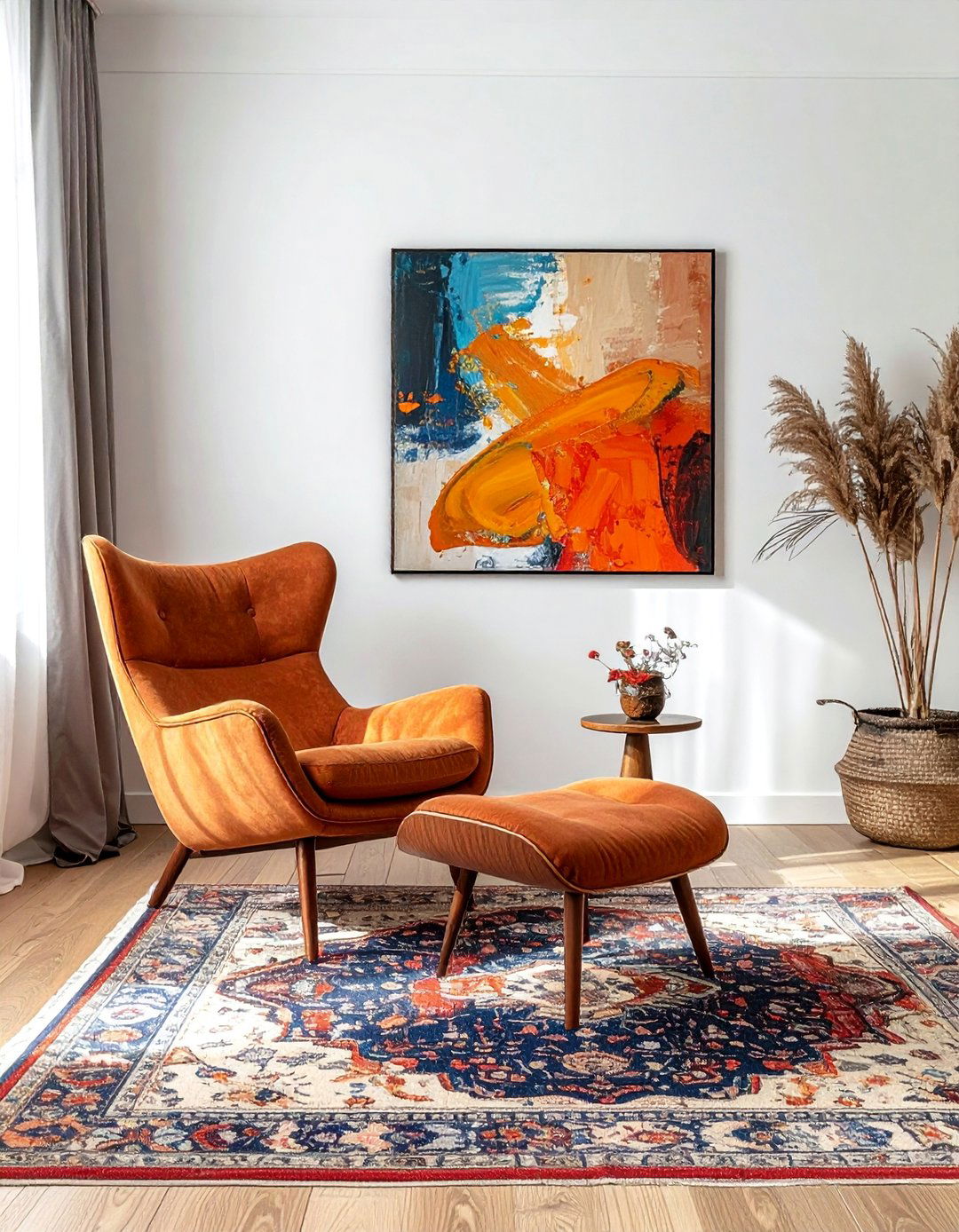
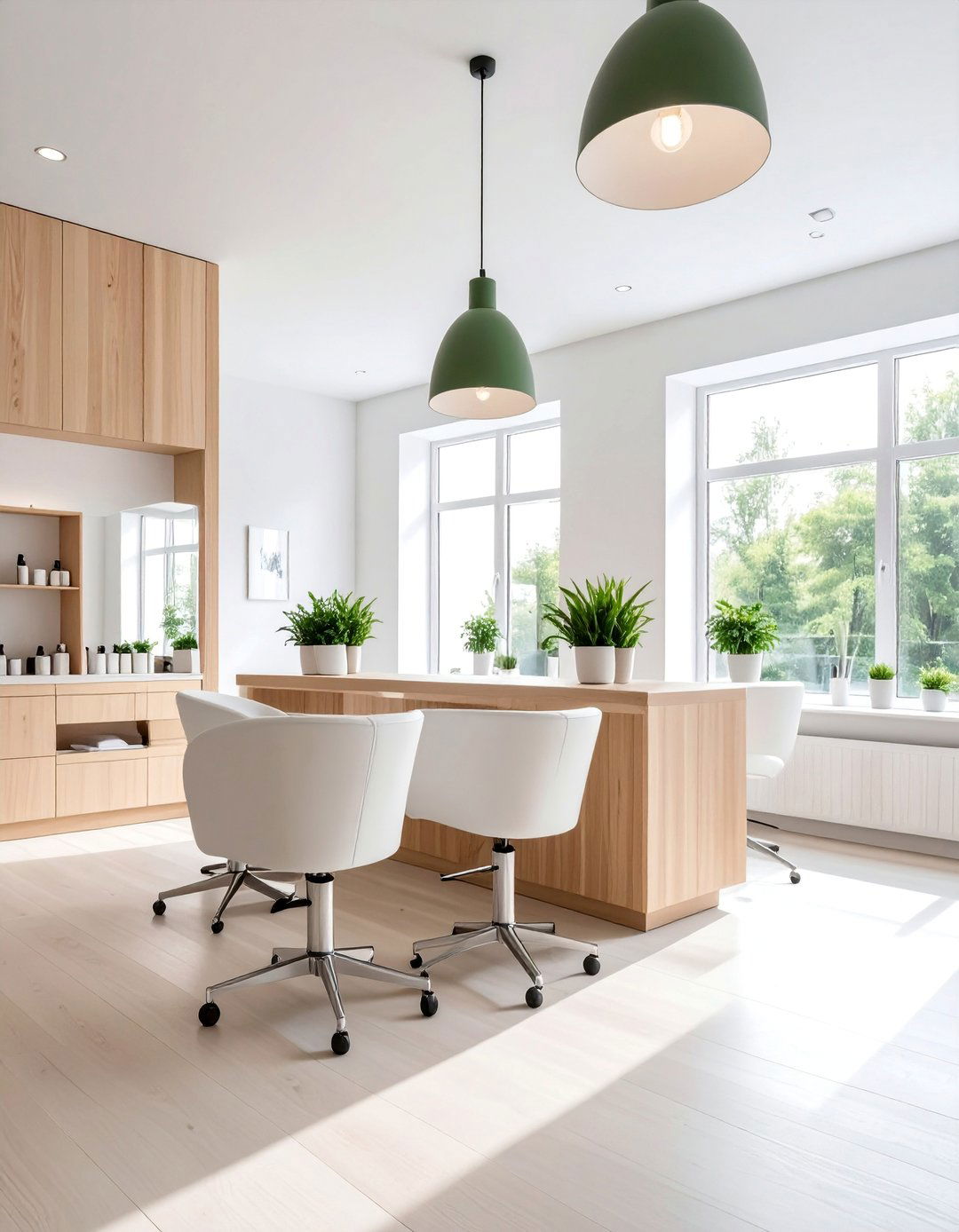
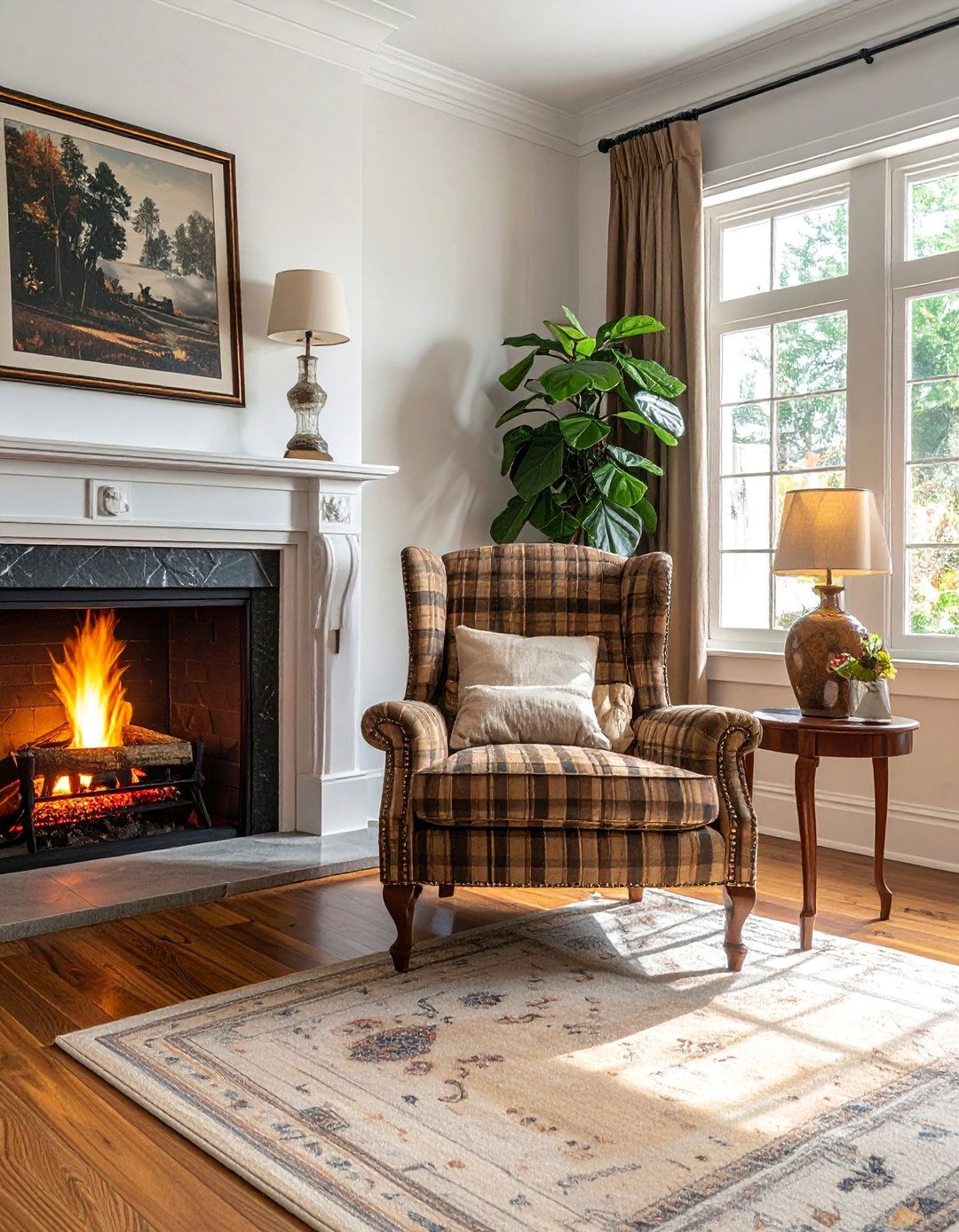
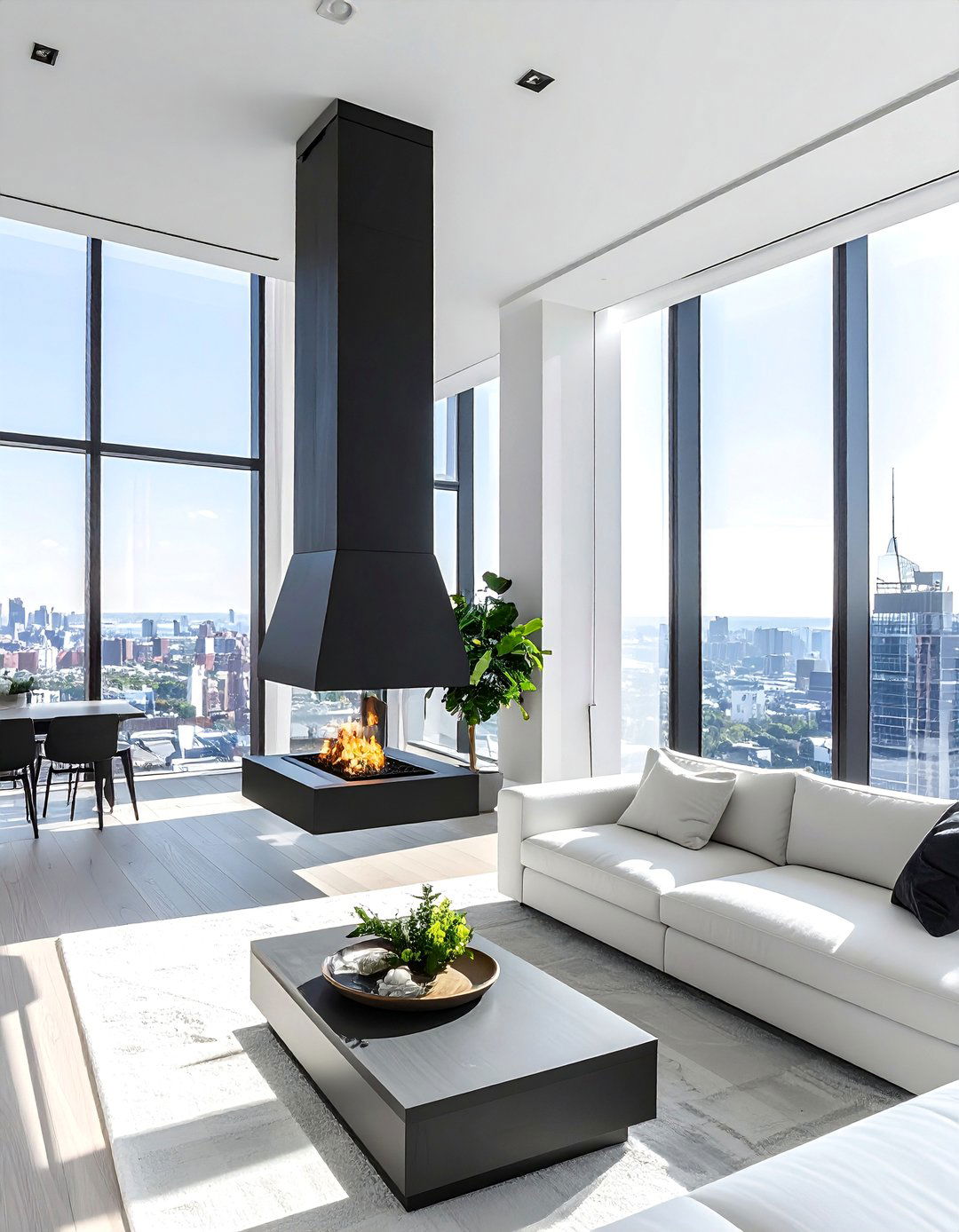
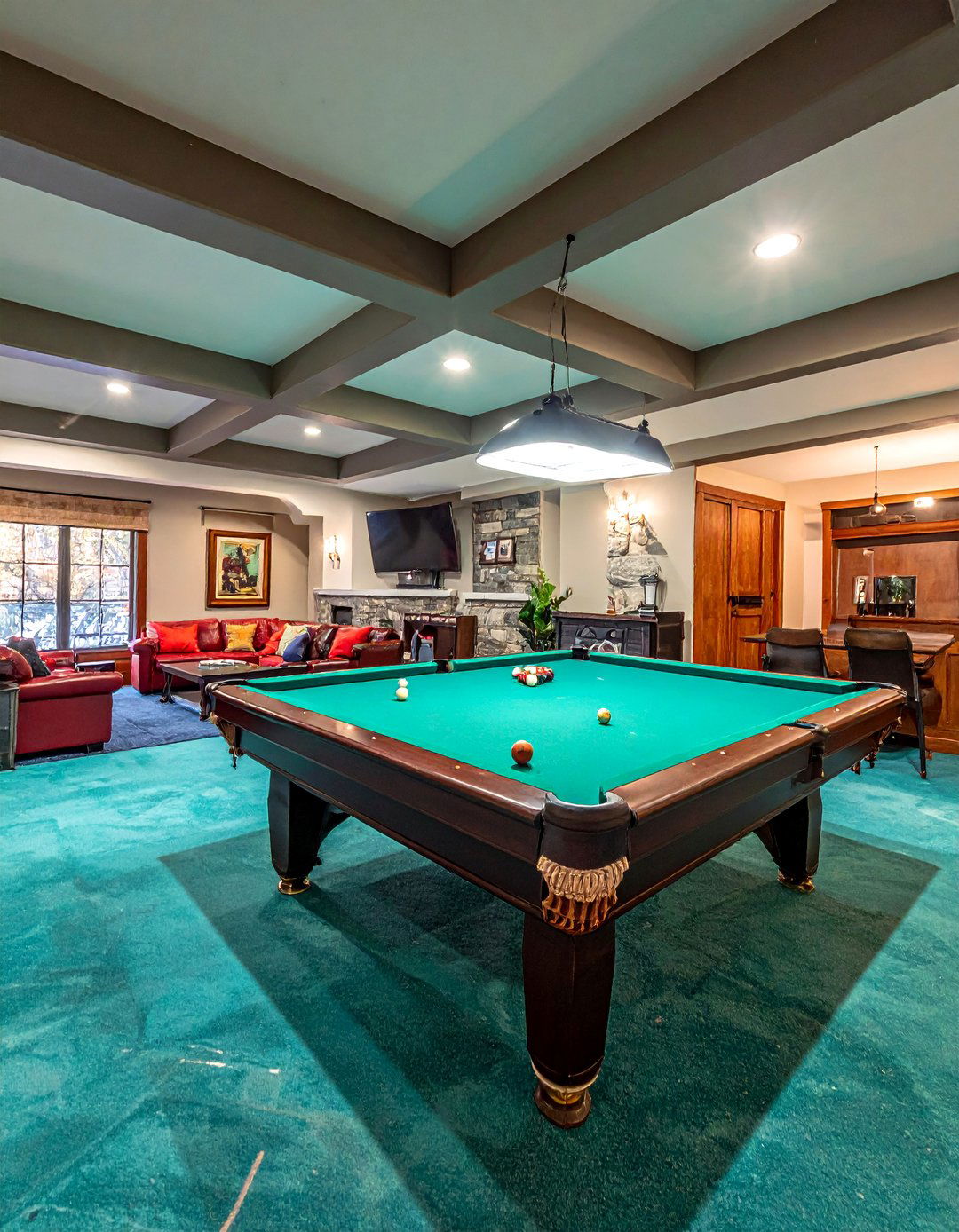
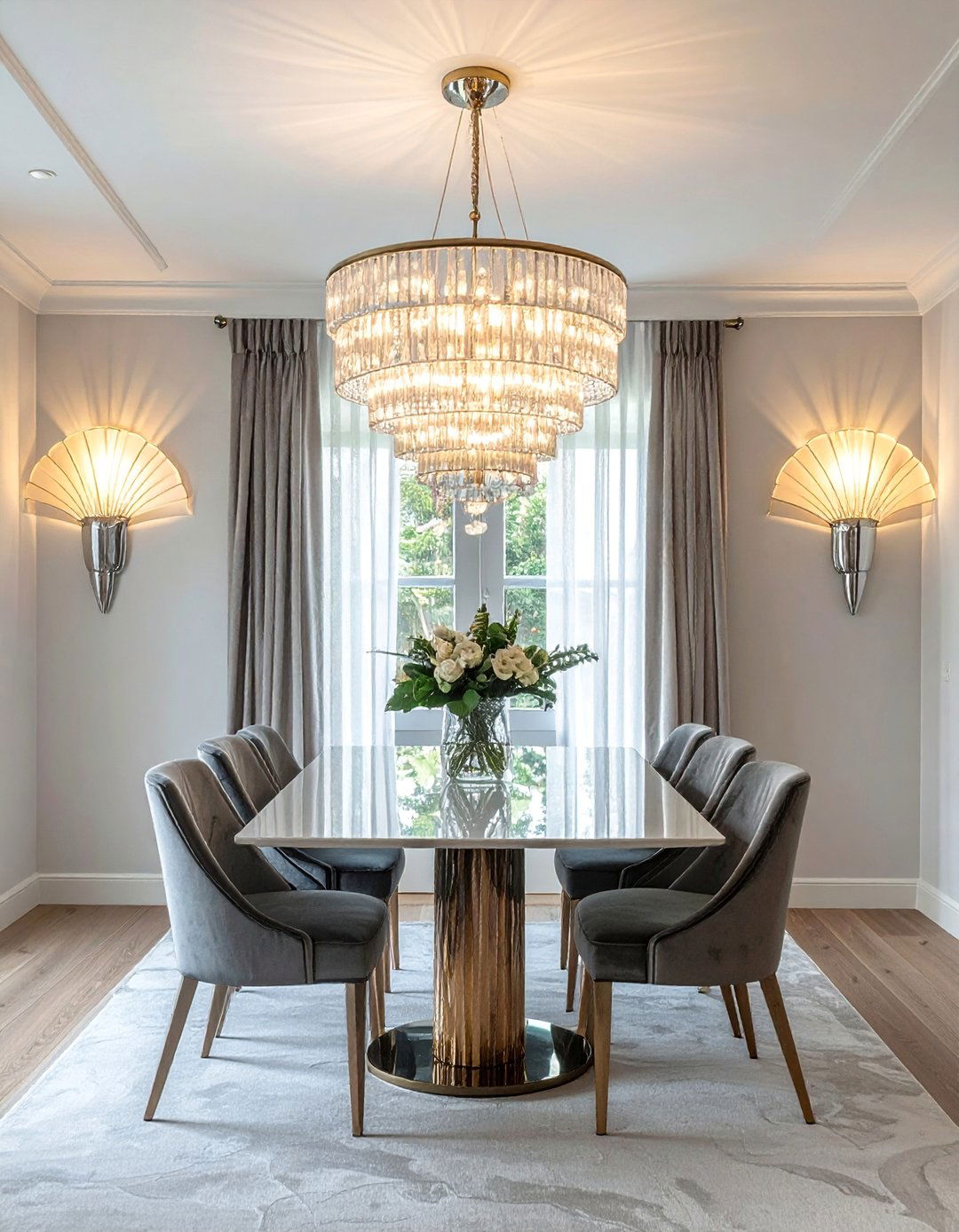
Leave a Reply